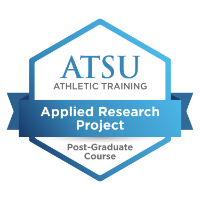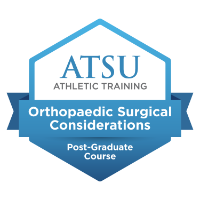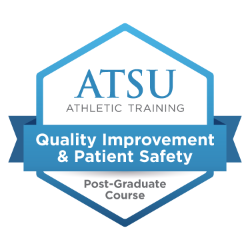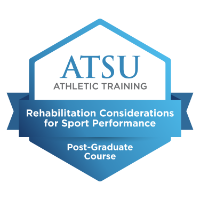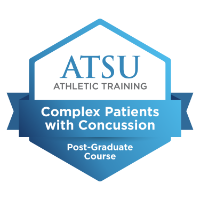QUICK LINKS:
Overview Curriculum Faculty & staff Tuition Admissions Careers & outcomes Student experience FAQs AccreditationAn entry-level degree to kickstart your OT career
A.T. Still University's Master of Science in Occupational Therapy (MSOT) program is a full-time, residential program that includes 22 months in class/fieldwork and 26 months in length including breaks. The MSOT program provides a strong foundation in clinical practice and whole person healthcare across the lifespan. The MSOT program incorporates opportunities for interdisciplinary education to allow students to develop collaborative skills that lead to more effective healthcare delivery in a variety of practice settings.
The mission of the Master of Science in Occupational Therapy program is to prepare highly-competent entry-level occupational therapy practitioners committed to holistic, client-centered, science-informed practice who value health equity, diversity, team-based healthcare and community-based practice designed to enhance the life participation and social inclusion of individuals, families, groups and vulnerable populations across the lifespan.
The occupational therapy master's degree provides a strong foundation of critical inquiry applied to the practice, education, and administration of healthcare. The program is committed to integrating technology in instructional processes and occupational therapy treatment. Inherent to this mission is the commitment to prepare graduates to work with individuals who have differing healthcare needs and diverse cultural backgrounds.
Upcoming events
Connect with our occupational therapy faculty and staff at any of these upcoming conferences! Or, join one of our live virtual information sessions to learn more about the entry-level Master of Science of Occupational Therapy program's curriculum, faculty, admissions process, tuition, and more.
Curriculum infused with experiential learning
MSOT students have the unique opportunity to develop advanced practice skills through the program’s elective course offerings. The use of community-based learning experiences are used to enhance student skill development of occupational therapy assessments and interventions. Additionally, students are able to practically apply their knowledge in the on campus Center for Occupational and Physical Therapy that provides student-led pro-bono rehabilitation services for community members. For more details about the MSOT program and the University, check the University Catalog.
Curriculum overview:
Year 1 credit hours: 48
Year 2 credit hours: 33
Year 3 credit hours: 6
Total credit hours: 87
DOWNLOAD PROGRAM FACT SHEETOccupational therapy master's curriculum overview
ATSU’s Arizona School of Health Sciences (ATSU-ASHS) is located on the Mesa, Arizona campus. Students are trained in occupation-based, theory-driven, and evidence-informed practice. In support of the ATSU mission, the OT department trains students to consider the social determinants of health while applying a whole-person lens to clinical OT practice.
A typical course schedule for the first year consists of the following.
Fall semester
2 Credits
This course will address common medical conditions, across the life span, that occupational therapists encounter in practice. Students will learn about the changes to body structure and body function associated with orthopedic and neurological conditions and to apply the OT practice framework to analyze the impact of these conditions on daily occupations.
3 Credits
This course will discuss the etiology, pathogenesis, and disease manifestation in body structures/body functions with emphasis on the signs and symptoms of disease and their subsequent impairments. Conditions typically seen by occupational therapists will be discussed to form connections between impairment, activity limitations, occupational and performance issues.
2 Credits
This course examines the historical development of occupational therapy as a health profession. The philosophical, social, political and economic influences, the rise of American medicine, and the paradigm of rehabilitation, in particular, will be examined.
2 Credits
This course will introduce students to activity analysis for the therapeutic use of everyday occupation in health development, healing, recovery and enhancing quality of life. Historical and contemporary use of creative activities will be discussed. Students will experience and gain insight into the person factors (physical, affective, and cognitive) and contextual demands of various tasks, activities, and occupations.
3 Credits
This course takes a health development and life course perspective to address occupational transitions and disruptions. The occupational therapy practice contexts will span from neonatal care, school, and work to aging-in-place and end of life and hospice care. Students will learn the impact of occupational loss and gains on health, well-being, and quality of life. The fundamental role of context to access and opportunities for occupational engagement and occupational therapy services will be addressed.
2 Credits
This course will focus on bridging theoretical concepts and practice in working with individuals in their everyday contexts. Students will learn the basics of clinical reasoning; critically examine client-centered practice and ethical decision making, cultural humility, and the therapeutic use of self in the creation of the reflective practitioner.
4 Credits
This blended lecture and lab course is designed to prepare health professions students with appropriate knowledge of the structure, function, and clinical application of human anatomy. Prosected human cadaver laboratory is a required and essential component of the course. Following this course, students should be able to identify and discuss the clinical correlation of specific structures of the head, neck, back, thorax and abdomen.
4 Credits
This blended lecture and lab course is designed to prepare health professions students with appropriate knowledge of the structure, function, and clinical application of human anatomy. Prosected human cadaver laboratory is a required and essential component of the course. Following this course, students should be able to identify and discuss the clinical correlation of specific structures of the pelvis, perineum, lower extremity and upper extremity.
Spring semester
2 Credits
This course introduces students to the development, structure, and function of the central and peripheral nervous systems. A systems approach will be used to describe neuroscience as a basis of human behavior. Implications of neurological dysfunction to performance of daily occupations will demonstrate relevance to practice. This course will adopt a case-based approach to analyze neurological conditions commonly encountered in rehabilitation.
4 Credits
Students will understand theoretical concepts and principles of kinesiology and biomechanics as it relates to occupational performance. Relevant clinical conditions will be used to apply biomechanical concepts to disorder of movement in osteoarthritis, spinal cord injury, hip fracture, connective tissue injury, peripheral nerve injury, and work related musculoskeletal injury. ASHS6100, ASHS6200
2 Credits
This course is an introduction to pediatric practice in OT and has a developmental focus from birth to 18 years. Developmental models and pediatric frames of reference will be used as guidelines for understanding the interacting nature of sensory-motor, cognitive, social-emotional, and communication development. Developmental assessment methods and settings for pediatric OT practice will also be introduced.
3 Credits
This course is designed to enable the occupational therapy clinical decision-making process from the evidence-based practice perspective. The course will cover topics related to the EBP process, framing clinical questions to enhance clinical decision-making, searching literature, critical appraisal, integration and evaluation of evidence, grading levels of evidence and strength of recommendations, and statistical terminology related to EBP.
2 Credits
This course will include the performance of basic patient care skills required by rehabilitation personnel. Course includes blood borne pathogens, universal safety precautions, vital signs, positioning, draping, transfers, lifting, an introduction to sterile procedure and isolation techniques, wheelchair handling, ambulation with assistive devices, environmental barriers, and basic patient care equipment. Professional issues of documentation and role differentiations are also introduced.
6 Credits
The overall purpose of this course is to prepare the student to assess and provide occupation-based interventions that address the psychosocial needs of clients across the lifespan. Students will be able to design and deliver occupational therapy services based upon appropriate theoretical models and frames of reference that can be used across a variety of systems and settings, including but not limited to behavioral health/psychiatric, community and education based settings. Students will develop an understanding of group dynamics, phases of group development, group roles, conflict resolution, problem solving, and therapeutic groups are discussed. Students will develop intervention group protocols typically used in mental health, lead groups, and process the outcomes.
1 Credits
Each Level I Fieldwork is a one-week full-time experience. The purpose of the Level I Fieldwork experiences are to expose students to experiences so that they get comfortable working with clients in a variety of settings, apply and enhance their didactic learning through observation and participation in some aspects of the occupational therapy process.
1 Credits
Each Level I Fieldwork is a one-week full-time experience. The purpose of the Level I Fieldwork experiences are to expose students to experiences so that they get comfortable working with clients in a variety of settings, apply and enhance their didactic learning through observation and participation in some aspects of the occupational therapy process.
1 Credits
Each Level I Fieldwork is a one-week full-time experience. The purpose of the Level I Fieldwork experiences are to expose students to experiences so that they get comfortable working with clients in a variety of settings, apply and enhance their didactic learning through observation and participation in some aspects of the occupational therapy process.
2 Credits
In this course, students will develop the skills to choose, administer, score, and interpret a range of assessment tools routinely utilized in occupational therapy practice. Emphasizing clinical reasoning, students will learn to strategically select assessments tailored to individual client needs and accurately interpret results, fostering a deep understanding of the assessment process. Through hands-on practice, students will gain experience in administering both standardized and nonstandardized assessments, honing their ability to interpret and document assessment outcomes effectively. By the course's conclusion, students will be well-equipped to translate assessment findings into occupation-based goals, preparing them for success in fieldwork and clinical settings.
A typical course schedule for the second year consists of the following.
Fall semester
2 Credits
This course is designed to stimulate critical thinking about occupation as a health determinant, and its relationship to well-being, participation, and social inclusion. The relevance of contextual factors and social determinants of health on occupational access and opportunities will be the central theme of this course. Concepts of social justice, occupational justice, and health justice will be the key constructs introduced in this course.
6 Credits
The course will introduce students to aspects of the occupational therapy process in a variety of pediatric settings with special attention to family-centered care and collaborations with other professionals. Typical and atypical development will be discussed within the context of community, family, and school environments. Students will explore occupational therapy process with children and youth, relevant theories, models and frames of reference, and learn evidence-based practice and clinical guidelines. This practice course will help students with client-centered, evidence-based, and ethical decision making with children and youth. OCTH5310, OCTH5140
6 Credits
This course will introduce students to the occupational therapy process for adults with physical dysfunction who experience difficulties with everyday occupations. Students will be prepared as generalists in physical rehabilitation for adults with different conditions, in a variety of current practice settings [e.g. hospital (acute, sub-acute), community (outpatient, home and long-term care)], and service delivery models. Students will learn relevant evidence-supported theoretical perspectives, models and frames of references, evidence-based practice literature, and clinical guidelines in physical rehabilitation. This practice course will help students with client-centered, evidence-based, and ethical decision making with adults. OCTH5130, OCTH5140, OCTH5220, OCTH5320
2 Credits
This course provides instruction on preparatory therapeutic interventions for occupational engagement. Course content will include the instruction, application and assessment of the use of physical agent modalities, splinting, and taping techniques. Indications and contraindications will be discussed for each technique or modality presented. Reimbursement and documentation for use of modalities will be discussed.
2 Credits
Students will identify a specific practice question and search for evidence both within and outside of the profession. In this course, evidence collection from systematic database search and identifying articles that meet the inclusion criteria is the outcome of the course.
Spring semester
2 Credits
Students will effectively analyze and synthesize professional literature to answer specific focused question(s) in a practice area. They will then identify how they can translate evidence to practice.
3 Credits
Students will learn how as occupational therapists they can enhance the quality of life for those who experience age-related changes and/or chronic disease conditions. Students will examine topics within public health and epidemiology and expand their knowledge of the OT’s capacity to prevent disability and activity limitations and to promote health, participation, and social inclusion.
3 Credits
This class focuses on the principles of organization and management in the health care system today. Administration and management in occupational therapy across practice settings with focus on an overview of payment systems, departmental organization, marketing, supervision, quality improvement and program evaluation. Models covered include nonprofit, proprietary, entrepreneurial, and corporate facilities. Systems of managed care and changes in health care delivery are examined.
2 Credits
This course will focus on the purpose, goals and benefits of client education using a client-centered approach. Relevant teaching and learning theories will be introduced and applied to practice. Students will examine fully the major components of the teaching process as well as issues related to improving adherence, motivation and health behaviors of the learner. Students also examine multiple issues and testing related to literacy skills including the use of technology to enhance client education.
6 Credits
Each Level II Fieldwork is 12 weeks of full-time work under the supervision of a full-time OT Fieldwork educator.
1 Credits
Students will attend a two-day course that will provide information, learning activities, practice questions, and study strategies to use in preparation for taking the National Board for Certification in Occupational Therapy. This course is a programmatic requirement to establish competency for entry-level practice prior to graduation.
A typical course schedule for the third year consists of the following.
6 Credits
Each Level II Fieldwork is 12 weeks of full-time work under the supervision of a full-time OT Fieldwork educator.
Optional certificate in public health
All MSOT students will have the option to obtain the Certificate in Public Health through the College of Graduate Health Studies at A.T. Still University unless a Master’s in Public Health has been previously awarded. The additional courses for the certificate are not included in the MSOT tuition fee.
3 Credits
This course is a comprehensive introduction to public health within the context of the U.S. healthcare system. Contents include the concept of public health, its problems in the context of social and community factors, its development from a historical perspective, the role and mission of public health organizations, and an overview of current public health concepts, models, and policy.
3 Credits
Needs and capacity assessment strategies are designed for people planning to practice within the fields of public health, health promotion, or health education. Students take an in-depth look at individual, group, and self-directed assessment strategies. This course gives students an opportunity to practice learned skills, decipher what assessments are best for a given situation, and learn how to implement their new skills within their professional environments.
3 Credits
For years public health has played a critical role in responding to emergencies and disasters of all kinds. This course examines the roles and responsibilities of public health during a disaster and emergency. You will examine the various types of disasters and emergencies, including bioterrorism, infections disease outbreaks, and natural disasters, and learn how a response is planned, initiated and coordinated. This course will also introduce you to emergency preparedness planning and common concepts, principles, terminology, and organizational processes used including the National Response Framework (NRF), Incident Command System (ICS) and the National Incident Management System (NIMS).
3 Credits
Using the events surrounding the Covid-19 pandemic, students will explore the core principles of health disparities and determinants of health. Throughout this course, students will examine potential strategies to understand better health disparities and health equity. Students will research complex relationships among race, socioeconomic status, psychosocial and cultural factors and analyze how these relationships influence health outcomes in diverse communities.
Industry leading OT faculty
Occupational therapy students are trained by expert faculty who model the professional behaviors, attitudes, and skills needed to provide client-centered services, build community partnerships, and collaborate on interprofessional teams.
Hear from our leadership and faculty

Dr. Ann Lee Burch is the dean of A.T. Still University’s Arizona School of Health Sciences (ATSU-ASHS). Dr. Burch received her doctor of education from Columbia University, Teachers College in 2005. She received her masters of public health from Columbia University, Mailman School of Public Health in 2002 and her masters of physical therapy from Columbia University, College of Physicians and Surgeons in 1989. She was a postdoctoral fellow with the Research Group on Health Disparities at Teachers College, Columbia University. Her BA is in psychology from the University of Rochester.
Prior to her appointment as dean, Dr. Burch served as vice dean for ATSU-ASHS. She served as the chair of the Physical Therapy Department from 2008-January 2012. Prior to ATSU, Dr. Burch was the director of physical therapy at the University of Puerto Rico, Medical Sciences Campus in San Juan, Puerto Rico. She has held administrative and/or faculty positions at the International Center for the Disabled in NY, NY, Mercy College in NY, and Long Island University in Brooklyn, NY.
Dr. Burch’s area of scholarly interest and application of that interest is in knowledge, attitudes, and self-efficacy of health care providers and healthcare professional students towards underrepresented patient/client groups.
Dr. Burch is the author of a Guide to Physical Therapy (Vault Publishers) which was written to increase information access about physical therapy to both high school graduates and re-entry adults. She was a co-investigator on an NIH grant at the University of Puerto Rico exploring the feasibility of an exercise program for breast cancer survivors living in San Juan. Dr. Burch has lived in Symi, Greece, Taipei, Taiwan, Ahmdebad, India and San Juan, Puerto Rico, and is committed to research, teaching and service that further the understanding of the impact of socioeconomic and cultural variables on health.
She was a member of the class of 2014 cohort of Women in Educational Leadership at Harvard Graduate School of Education. In 2017 she was the co-PI on a Centers for Disease Control, Association for Prevention and Teaching grant exploring a population health case study format for teaching and communicating the impact of social determinants of health on health disparities. She was recently appointed a peer reviewer for the Higher Learning Commission.

Marlene Salas-Provance, PhD, MHA, CCC-SLP
Vice Dean
Dr. Salas-Provance, is professor and vice dean of A.T. Still University’s Arizona School of Health Sciences (ATSU-ASHS). Dr. Salas-Provance received her doctorate in speech science from the University of Illinois Urbana-Champaign. She received her masters of health administration from the University of Missouri School of Medicine-Columbia. She holds both a bachelors and masters in Speech Pathology from New Mexico State University.
Prior to her appointment as vice dean, Dr. Salas-Provance served as associate dean of academic and student affairs for the School of Health Professions at the University of Texas Medical Branch Galveston. She served as assistant dean and chair in the College of Education, Department of Special Education and Communication Disorders at New Mexico State University in Las Cruces, New Mexico and department chair in the Department of Communication Sciences and Disorders at the University of Montevallo (AL). She held faculty positions at Fontbonne College and St. Louis University, in St. Louis, MO.
She has made extensive professional contributions to the American, Speech, Language & Hearing Association (ASHA), serving on the Speech-Language Pathology Advisory Council, member of the Financial Planning Board, and the Multicultural Issues Board. She served as coordinator of ASHA’s Special Interest Group (SIG) 14, Communication Disorders and Sciences in Culturally and Linguistically Diverse populations and was a founding member and coordinator of SIG 17, Global Issues in Communication Sciences and Disorders. She is an ASHA Fellow and received ASHA’s highest awards for “Special Recognition in Multicultural Affairs” and “Outstanding Contributions in International Achievement.”
Dr.Salas-Provance has served as a clinical educator throughout her academic career, especially related to children with cleft lip and palate. She is a member of an international medical team with Rotaplast International and has traveled worldwide for over 15 years to provide clinical services to children with cleft palate. She implemented a program for graduate students in speech pathology to provide clinical services in Spanish to children with cleft palate in Lima, Peru. In addition to Lima, Peru she has provided clinical services in China, Bangladesh, Philippines, El Salvador, Dominican Republic, Guatemala and Venezuela.
Dr. Salas-Provance is coauthor of the textbook Culturally Responsive Practices in Speech-Language and Hearing Science (Plural Publishing, 2019) which meets the needs for training students in healthcare professions regarding practice with individuals from culturally and linguistically diverse populations. Her research is focused on attitudes towards disability by diverse populations and addressing the use of language interpreters during healthcare and educational encounters.
Over the past ten years she has lectured extensively to international audiences, both in English and Spanish, including as invited speaker for the Congreso Internacional en Trastornos de la Comunicacion at Escuela de Fonoaudiologia (Speech Language Pathology / Audiology) de la Universidad de Talca, Chile and for the Department of Otolaryngology, Hospital Nacional Arzobispo Loayza, Lima, Peru, Endoscopic Evaluation of Velopharyngeal Dysfunction. She was invited keynote speaker for the First International Congress in Speech-Language Pathology and Orthodontics in the area of cleft lip and palate in Lima, Peru.
Dr. Salas-Provance was selected for the American Council on Education (ACE) Women’s Leadership Program and attended the National Women’s Leadership Forum in Washington DC (2017) for advancing female executives in higher education.
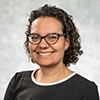
Rebecca L. Wolf, JD, MPH, OTR/L
Chair, Associate Professor
Rebecca L. Wolf, JD, MPH, OTR/L, joined ATSU’s Occupational Therapy department faculty in 2017. She has extensive experience working to improve the lives of vulnerable populations. Early in her career, she developed educational and health promotion programs for immigrants, elderly individuals, and at-risk youth in Israel. She also worked as a youth advocate in a homeless shelter for women and low-income housing for families in Washington, D.C. Prior to attending graduate school, she founded and directed the Helping Hands Medical Fellowship, which brought Israeli medical volunteers to Uganda to improve the health of vulnerable individuals and communities.
Professor Wolf has conducted policy research at the World Health Organization, Unite for Sight, and the Harvard Law School Project on Disability. Her academic research has primarily focused on health behavior and promotion, human rights, bioethics, genomics, and occupational justice.
Professor Wolf served as a consultant, research assistant, and part-time faculty for the Occupational Therapy doctoral program at Northern Arizona University. Her clinical occupational therapy work includes veterans’ mental health, skilled nursing, and pediatrics. She has served on the legislative committee with the Arizona Occupational Therapy Association, as a member of the Circle of Advisors with the American Occupational Therapy Political Action Committee, and as a board member for Gesher Disability Resources. Professor Wolf earned a bachelor of arts degree in psychology, with an emphasis in law, medicine, and health policy from Brandeis University, a juris doctorate and master of arts in international affairs from American University, a master of public health degree from Harvard T.H. Chan School of Public Health, and a master of occupational therapy degree from Midwestern University.
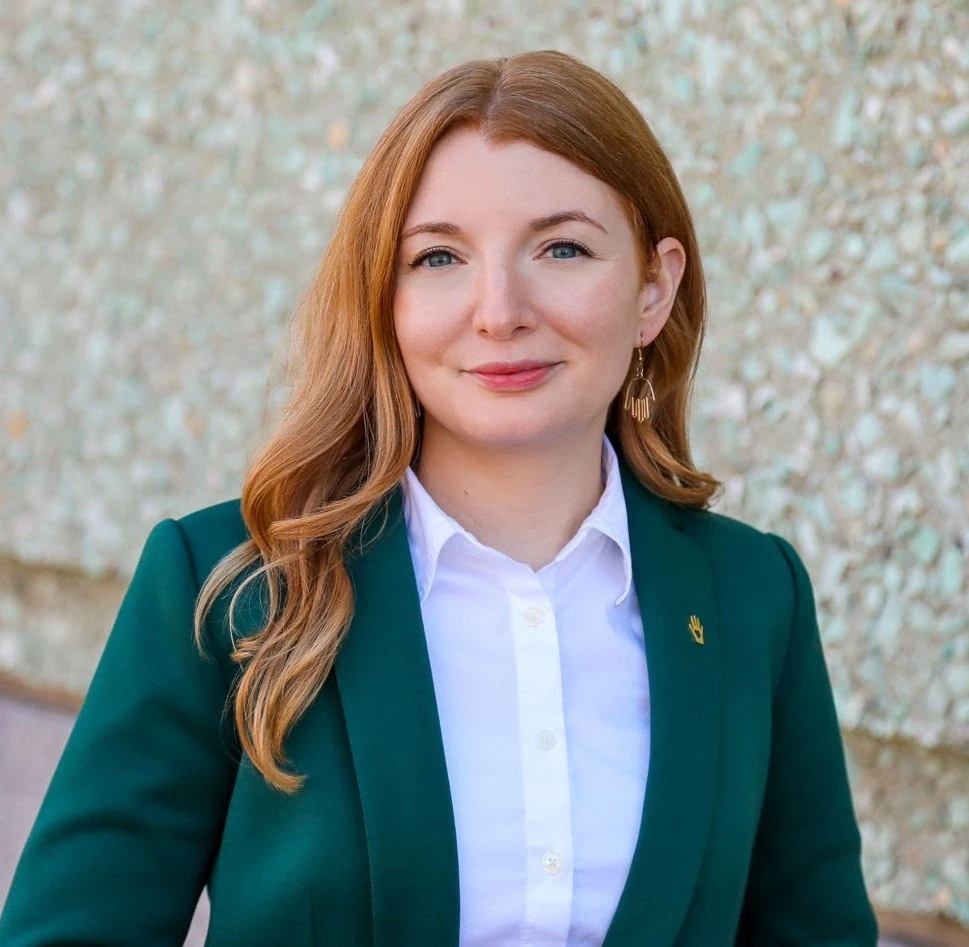
Jennifer Radziak, OTD, OTR/L, CHT
Program Director, Assistant Professor
Dr. Jennifer Radziak is the Program Director for the Occupational Therapy Department at A.T. Still University. Dr. Radziak received her Bachelor of Science in Health Science and a Master of Occupational Therapy degree from Saint Francis University. She received a certification in the Advanced Rehabilitation of the Hand and Upper Extremity from Drexel University. Dr. Radziak has received her Certification in Hand Therapy (CHT) and graduated with a post professional Doctorate in Occupational Therapy from Temple University. Dr. Radziak has received a Women in Leadership certificate from Cornell University and has completed the American Occupational Therapy Association’s Academic Leadership Institute. Dr. Radziak has been an ATSU-ASHS OT faculty member since August 2019 and was an Academic Fieldwork Coordinator from 2019-2022. She teaches in the Modalities and the Analysis of Human Movement courses and she co-developed and teaches in the Hand and Upper Extremity Rehabilitation elective course. Dr. Radziak has published in the CHT Exam Prep textbook and is pursuing educational research in the area of student self-efficacy in clinical skills. Dr. Radziak mentors students who are interested in treating clients with hand and upper extremity conditions and supervises students in the ATSU Center for Occupational and Physical Therapy. She received the ASHS 2022 Faculty Service award for this work. Dr. Radziak continues to work as an occupational therapist in the outpatient setting. Before coming to A.T. Still University, Dr. Radziak worked in the outpatient setting treating clients with hand and upper extremity diagnoses. Also, Dr. Radziak has occupational therapy experience in the assisted living and skilled nursing facility settings.
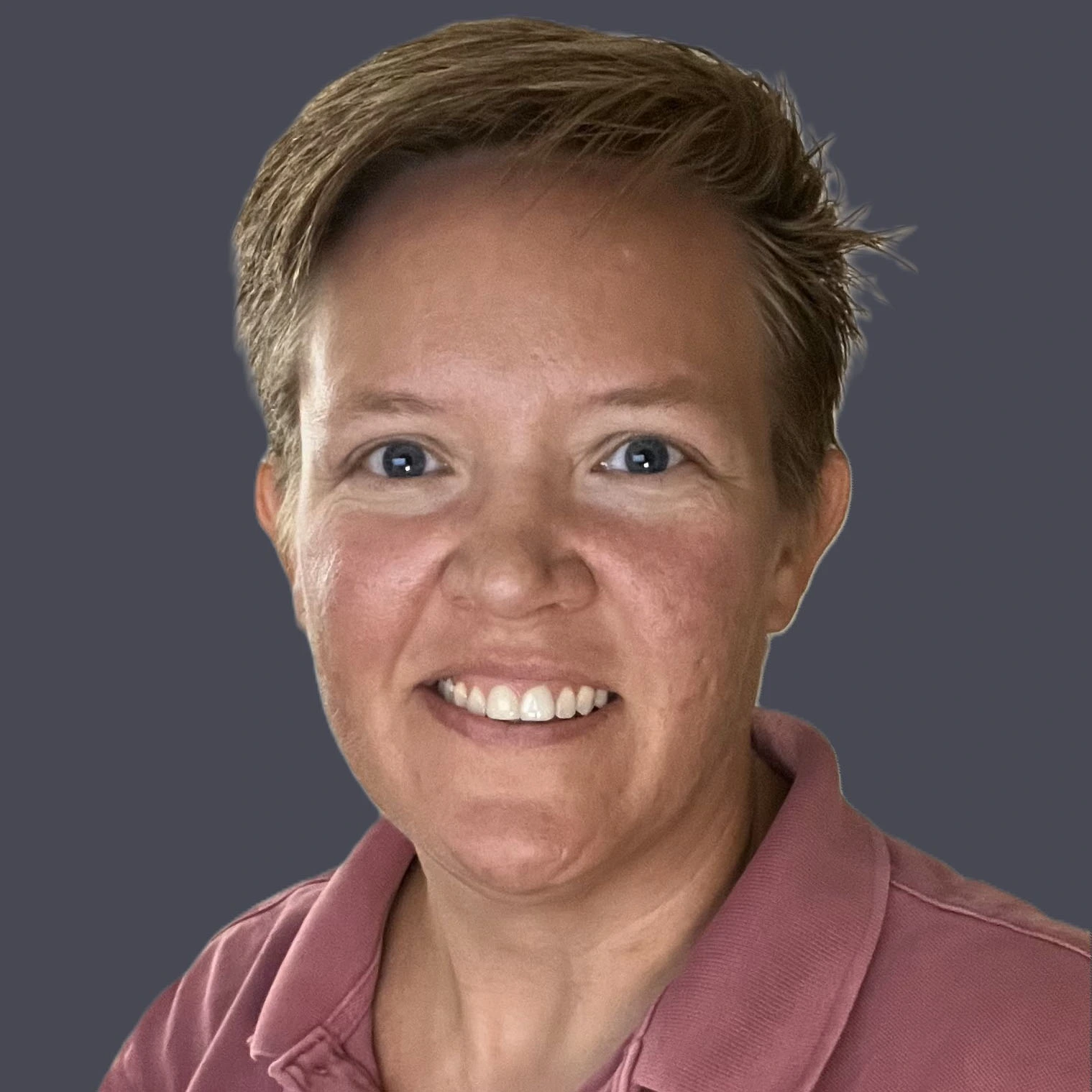
Lacee Andrews, OTD, OTR/L, CNS, AIB-VRC
Assistant Professor, Director of Clinical Education, Academic Fieldwork Coordinator
Professor Lacee Andrews received her undergraduate Bachelor's of Science in therapeutic recreation in 2007 at the University of South Dakota. She spent a majority of her time as a recreational therapist working at Alabama's Special Camp for Children and Adults. In 2013, she graduated with her Master's in Occupational Therapy from the University of Alabama at Birmingham. She then moved to Minnesota where she worked as a Director of Rehab for 5 years. In 2018, she and her family moved to Arizona to be closer to extended family, but also allow Lacee to return to working in Acute Care at Barrow Neurological Institute. Lacee has since gained her certification as a Certified Neuro Specialist and is now embarking on teaching up and coming students of occupational therapy.
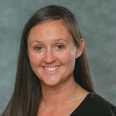
Kat Bauer, OTD, MS, OTR/L
Instructor
No Bio
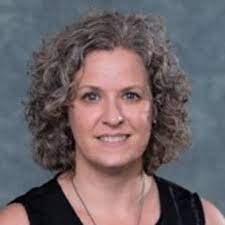
Kellie C. Huxel Bliven, PhD, ATC
Associate Faculty
Kellie C. Huxel Bliven, PhD, ATC, is a professor of clinical anatomy in the Department of Interdisciplinary Health Sciences and ATSU-ASDOH. Since joining ATSU in 2008, Dr. Bliven has been a faculty member in various programs, including anatomy, kinesiology (formerly human movement), and athletic training. Prior to her appointment at ATSU, Dr. Bliven was a faculty in the athletic training department at Indiana State University. Dr. Bliven’s current line of research on understanding and improving shoulder function and health addresses four areas: mechanisms of shoulder stability, muscle activation during rehabilitation, adaptations in the throwing shoulder, and health-related quality of life in throwing athletes. In addition to her faculty responsibilities, Dr. Bliven serves as the director of the Interdisciplinary Research Laboratory and as the vice chair of the Institutional Review Board at ATSU Mesa campus. She is also involved in professional service, including the Board of Certification for the Athletic Trainer exam development committee, associate editor of the Journal of Sport Rehabilitation, and active member in the American Society of Shoulder and Elbow Therapists. Dr. Bliven received her bachelor’s degree in biology and physical education from Denison University in Granville, Ohio; master’s degree in kinesiology from Indiana University in Bloomington, Indiana; and doctoral degree in kinesiology with an athletic training emphasis from Temple University in Philadelphia.
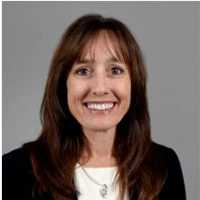
Sue Dahl-Popolizio, DBH, OTR/L
Director of Research, Associate Professor
Dr. Dahl-Popolizio has over 30 years of experience practicing as a licensed occupational therapist (OT) and board-certified hand therapist and upper extremity specialist (CHT). She has practiced in multiple medical settings (inpatient intensive care, acute care, sub- acute care and intensive rehabilitation), as well as in out-patient and home care settings. In her practice, she increasingly worked with interprofessional teams. She is currently the Director of Research for the Occupational Therapy Program at A T Still University. Her current research includes the use of a lower extremity exoskeleton to complete activities of daily living and instrumental activities of daily living. She also continues her work on interprofessional collaborative projects to increase the presence of occupational therapy in the primary care setting. Other areas of research include gamification of therapy to increase engagement, OT in population health management, and telehealth. She is a leader in the movement to integrate occupational therapy services in the primary care setting and has published and presented extensively on this topic. She is also currently the Chair of the Legislative Committee for the Arizona Occupational Therapy Association.
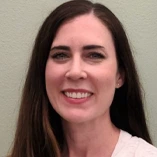
Melinda Delbridge, MS, OTR/L, CBIS
Instructor
Melinda Delbridge, MS, OTR/L, CBIS joined ATSU’s Occupational Therapy Department in 2021. Prior to this, she had been an adjunct professor for 6 years at A.T. Still University assisting in the adult practice immersion courses. She received her bachelor’s degree in Kinesiology from Arizona State University in 2005 and her master’s degree in occupational therapy from A.T. Still University in 2010. She was the primary occupational therapist to help develop the brain injury unit at Encompass Health Rehabilitation Hospital of East Valley and in 2012 became a certified brain injury specialist (CBIS).
She has over 10 years of clinical experience in the areas of adult rehabilitation with an emphasis in neurorehabilitation. She has worked an OT in a variety of settings including inpatient rehabilitation, skilled nursing facilities, pediatric home health and outpatient hand therapy. Her special interests include traumatic brain injury, stroke, cognitive rehabilitation and caregiver assistance.

Rachel B. Diamant, PhD, OTR/L, BCP
Emeritus Professor and consultant
Dr. Diamant has been part of the occupational therapy program faculty at ATSU since 1998. She graduated with a bachelor of fine arts degree from Pennsylvania State University in 1975. She completed her master of science in occupational therapy degree from Boston University in 1978, and her PhD in health psychology/behavioral medicine through Northcentral University in 2011. The focus of her dissertation was an exploration of the relationships between temperament and sensory processing behaviors in children. Prior to her role as faculty at ATSU, Dr. Diamant was an occupational therapy practitioner for over 25 years with a work focus on children with disabilities and their families. Most recently, Dr. Diamant has provided consultation and developmental programming for abused and neglected children. She is Board Certified in Pediatrics as recognized by the American Occupational Therapy Association. Dr. Diamant is pediatric Neurodevelopmental Treatment (NDT) certified. She is the co-author of Positioning for Play: Interactive Activities to Enhance Movement and Sensory Exploration, an activity text for therapists working with young children and their families.
During her tenure at ATSU, Dr. Diamant developed and taught courses related to kinesiology and occupational therapy practice in pediatrics. She has mentored numerous MSOT and OTD students in their research and capstone projects. Dr. Diamant has completed research projects in the areas of sensory processing, temperament, autism, and movement disorders in children with cerebral palsy and adults with stroke, and also worked with an AOTA Scholarship of Teaching and Learning Team to identify competencies related to the OT-OTA intra-professional relationship. Currently at ATSU, Dr. Diamant’s focus has been upon ensuring a strong clinical program for the professional development of OT students. Although she loves working with children of all ages, Dr. Diamant reports that working with OT students at ATSU has been the highlight of her professional career.
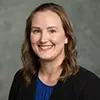
Brandi Fulwider, PhD, OTR/L
Assistant Professor
Brandi Fulwider, PhD, OTR/L joined the Occupational Therapy Program at A.T. Still University as assistant professor in 2021. She obtained her PhD in occupational therapy from Nova Southeastern University in Ft Lauderdale, Florida in 2020. Dr. Fulwider’s dissertation studies focused on the role of occupational therapy in addressing sleep deficits in practice and the meaning of disrupted sleep for individuals after brain injury in a community-based setting. She plans to continue conducting research in this area for the duration of her career and also has interest in research related to animal-assisted therapy. Dr. Fulwider obtained a bachelor of science degree in psychology in 2003 and a master of science degree in occupational therapy in 2008, both from Virginia Commonwealth University in Richmond, Virginia. She has worked as a clinician with adults in the acute care, acute rehabilitation, and skilled nursing settings and in multiple states in the country. Prior to transitioning into full-time work in the academic setting, Dr. Fulwider worked as an adjunct professor and supervised many fieldwork students in the clinical setting.
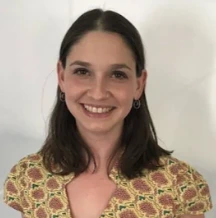
Mara de Luca Funke, MPH
Part Time Instructor
No Bio

Abbey Glenn OTD, OTR/L, BCG, CBIS
Assistant Professor, Doctoral Capstone Coordinator
Abbey Glenn has spent her 15 year career as an occupational therapist at St. Joseph’s Hospital and Medical Center/Barrow Neurological Institute in downtown Phoenix. She has a strong clinical background in working with patients with neurological injuries in both acute care and acute rehabilitation. Her experience includes working with both adult and pediatric patients. She has advocated for the role of occupational therapy in acute care as the acute care occupational therapy program coordinator since 2014. She remains connected to the clinical community with her work at St. Joseph’s and to the disability community in the greater Phoenix metro area in numerous volunteer efforts.
She obtained both her Master’s and Post-Professional Doctorate in Occupational Therapy from Boston University. She has been a mentor, fieldwork educator, and preceptor in her clinical environment. Role of educator at ATSU is new to her as of 2021 and she is excited to share her passion and experiences with future OTs.

Christina Griffin, PhD, MAEd, OTR/L, FAOTA
Emeritus Professor
No Bio
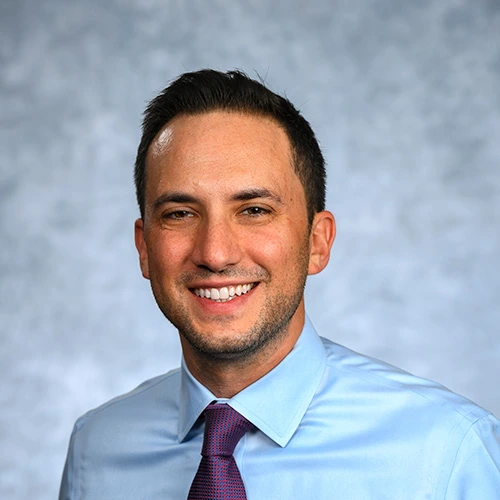
Benjamin Gross MOT, OTR/L
Instructor
Benjamin Gross, MOT, OTR/L has been an occupational therapist for 12 years and has worked in a variety of clinical settings including inpatient rehabilitation, outpatient neuro, return to work for neurological impairment, MS/ALS clinic, and home health. He has also guest lectured and been adjunct faculty at three universities in the Phoenix area since 2015. He graduated from The University of Pittsburgh with a BS in Psychology as well as his Masters in Occupational Therapy. He is also currently completing his post professional doctorate in occupational therapy at the University of Pittsburgh. Mr. Gross has also held multiple leadership positions at the Arizona Occupational Therapy Association (ArizOTA) including One Year Board Member, Treasurer, and President. Nationally Mr. Gross is currently serving on the Board of Directors at the American Occupational Therapy Association (AOTA) with the position of Treasurer. He previously held AOTA's Vice Chair of the Affiliated State Association of Presidents. Clinically Mr. Gross works primarily with the geriatric population but also has strong interests in working with clients who have sustained neurological impairments. Mr. Gross has co-presented on multiple presentations for both AOTA’s national conference and the Arizona Brain Injury Alliance on cognition and return to work for neurological impairment. He also has won awards for his clinical leadership in home health as the Home Care Hero by the Arizona Association for Home Care as well as the SHRS Alumni Rising Star Award from the University of Pittsburgh. Along with clinical work Mr. Gross also plans to continue to be of service to state and national associations to move the profession forward and thrive.
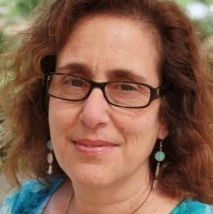
Bernadette Mineo, PhD, OTR/L
Posthumous Professor Emeritus
No Bio

Kelsey Picha, PhD, AT
Associate Faculty
Kelsey Picha, PhD, AT, is an assistant professor of clinical anatomy in the Department of Interdisciplinary Health Sciences. Dr. Picha earned her bachelor of athletic training degree from Minnesota State University, Mankato, followed by a master of science degree in post-professional athletic training from A.T. Still University (ATSU). She also earned her doctor of philosophy degree in rehabilitation sciences from the University of Kentucky, where she worked as a research assistant in the Sports Medicine Research Institute. During her time at the University of Kentucky, she investigated patient adherence and self-efficacy for home exercise programs. Dr. Picha completed a post-doctoral research fellowship within Research Support at ATSU, which focused on patient-oriented outcomes. Dr. Picha currently serves on the Governmental Affairs Committee through the Arizona Athletic Trainers Association, the Education Advancement Committee through the National Athletic Trainers Association, the Brand Promotion and Outreach Committee through American Association of Clinical Anatomists, and serves as an editorial board member for the Journal of Sports Rehabilitation. Her research interests are in the areas of the patient adherence to rehabilitation and social determinants of health in athletic healthcare.
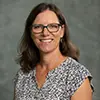
Tania Shearon, MOT, CHT, C-IAYT, DHSc
Assistant Professor, Director of Curriculum
Tania Shearon joined the OT faculty in 2016. She received her bachelor’s degree in science from Carroll College in 1988 and her master’s degree in occupational therapy from the University of Puget Sound in 1991 and has over 25 years of clinical experience in the areas of physical rehabilitation and hand therapy. She received her certification in hand therapy in 1999 and has been a recognized specialist in the area of upper extremity rehab and orthosis fabrication. Beginning in 2014, Shearon began post-graduate training in the area of professional yoga therapy and has utilized yoga as a therapeutic modality for both orthopedic and neurologic conditions. She is currently working toward her doctor of health sciences degree with a focus on fundamentals of education. She teaches courses related to adult rehabilitation practice, kinesiology, modalities, and splinting.

Adam Story, PT, DPT, OTR/L, OTD, MTC
Assistant Professor
Adam Story, PT, DPT, OTR/L, OTD, MTC, is both a doctor of physical therapy and a doctor of occupational therapy, with training and a certification in manual therapy (MTC) from The University of Saint Augustine For Health Sciences. Dr. Story has done volunteer work using his occupational therapy skills in Peru, a clinical rotation in Australia, undergraduate studies in advanced research in Brazil, and studies in Japan. He enjoys meeting, teaching, and treating people from different cultures, diversities, and socioeconomic backgrounds.
Dr. Story’s professional career started off as a Forest Firefighter where he worked his way up to engineer status in an initial attack structure protection engine crew. He led fire crews to help save structures and lives all over the United States. Dr. Story worked alongside many different levels of leadership roles within the firefighter chain of command and rode on with firefighters all over the world.
He has worked in almost every setting in both the PT and OT professions including: a neuro trauma ICU rotation, acute rehab, super-skilled nursing facility with vents and tracheostomies, skilled nursing facilities, assisted living facilities, home health care, outpatient spine rehabilitation, and an international rotation in Australia for work hardening.
When Dr. Story is not working or traveling the world, he is spending time with his wife Lisa and two daughters, Olivia and Audrey.
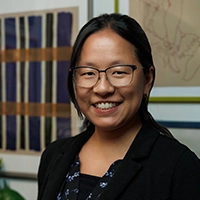
Melissa Yeung, OTD, OTR/L
Assistant Professor
Melissa Yeung (OTD, OTR/L) earned her bachelor's degree from the University of California, San Diego, and her master's and doctorate from the University of Southern California. Her passion for healthcare began in childhood, spending summers at her family’s orphanage. She started her career as an inpatient occupational therapist in acute care and rehabilitation units before transitioning to mental health, where she worked with the Housing and Urban Development-Veterans Affairs Supported Housing (HUD-VASH) initiative in Honolulu, Hawaii.
Melissa has completed specialized training in PTSD and Military Culture, Culture and Pain Management, and Adaptive Sports. She played a key role in the Mana‘olana Horticulture Pilot Program, focusing on substance abuse prevention and community engagement for Native Hawaiian and Pacific Islander Veterans. Additionally, she was an adjunct faculty in the health sciences department at the University of Hawai‘i–West O‘ahu.
Beyond her professional work, Melissa enjoys volunteering in China at the Prince of Peace Children's Home, teaching Veterans and children how to surf with AccesSurf, and supporting the Special Olympics.

Tami Lofland
Administrative Assistant
No bio.
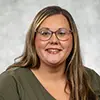
Ashley White
Program Manager
No bio.
Tuition and expenses
Tuition and fees for the Master of Science in Occupational Therapy program are designed to cover the cost of high-quality education and essential student services. In addition to tuition, students are responsible for a student technology fee, which helps support access to critical student resources. Please note that tuition rates and fees are subject to change, please review the tuition and fees breakdown for the most up-to-date information.
Financial aid
Investing in your future as a student is one of the most important steps you will take. ATSU can help you create a financially sound aid package that will let you focus on your education instead of worrying about how you will finance it. To learn more about your options visit Enrollment Services or contact them at enrollmentservices@atsu.edu or call 660.626.2019.
Link to view Internal ATSU student scholarships
External Scholarship Links:
American Occupational Therapy Foundation (AOTF)
Scholarship Directory
First in Family Scholarship
No Essay Scholarship
The Fulbright Program
Hispanic Scholarships
African-American Scholarships
Scholarships for Women
Celtic Scholars Scholarship
eduPASS—scholarships for International Students
TheDream.US
careeronestop
Free-4U.com
Unigo
SuperCollege.com
fastweb
appily
GoGrad
Scholarship America
UNCF
International Scholarships
StudentScholarships.org
Sallie Mae—click on the link “Find scholarships” you will have to scroll down half way. Once you click on the link you will have to create an account, which is free, and answer question. After you answer the question it will match the student with scholarships and they can apply from there on which ones they would like to apply for.
Scholarships.com – has a list toward the bottom of the home page on some current and open scholarships that students can apply for.
Admissions
Applications to the residential entry-level Master of Science in Occupational Therapy program are processed through the Occupational Therapist Centralized Application Service (OTCAS). For more information on how to apply, please visit the OTCAS website. Enrollment for ATSU’s MSOT program is processed on a rolling admissions basis, but applicants are encouraged to apply early. Point of entry into the program is only once each academic year with classes beginning in mid-July.
Questions regarding the OTCAS account may be directed to OTCAS at 617.612.2860 or by email at otcasinfo@otcas.org. All other questions should be sent to Admissions at admissions@atsu.edu or 866.626.2878 ext. 2237.
- Candidates accepted for admission will have earned a baccalaureate degree from an U.S. regionally accredited institution prior to matriculation. International bachelor degrees will be reviewed on a case by case basis utilizing our holistic lens.
-
- Applicants must have achieved a minimum 2.75 cumulative grade point average overall or
- minimum of 2.75 cumulative grade point average for the last 60 credits or
- if under a minimum of 2.75 cumulative grade point average for the last 60 credits there may be special considerations for a holistic approach.
- Applicants are required to submit all official college or academic transcripts.
- Applicants are required to obtain a minimum of 30 contact/observation hours in the occupational therapy field. More than one setting is recommended.
- Applications must secure three (3) letters of reference. One of these letters must be written by: a present or former faculty member, academic advisor, or employer. One reference letter should come from a professional from the occupational therapy field or another clinical supervisor. The final letter can come from a reference of your choice, but may not be from a friend or family member. Letters from an educational consulting service will not be accepted. New letters of reference must be submitted for each application year.
- Applicants who are considered potential candidates will be invited to participate in an applicant interview process.
- Applicants must complete all prerequisite courses by the end of the academic term prior to matriculation at ATSU.
- Applicants are expected to be computer literate and experienced in word processing. All curricula require extensive computer usage. Accepted applicants are required to have a laptop computer prior to the first day of class.
- Students must obtain and maintain Health Care Provider level of CPR certification from the American Heart Association (Basic Life Support, CPR and AED for Healthcare Professionals). Verification must be submitted to the Occupational Therapy department prior to enrollment.
- Applicants are required to submit to a criminal background check at their own expense. Applicants need to be aware that having a felony conviction could impact a graduate’s future ability to sit for the National Board for Certification in Occupational Therapy Exam and/or ability to obtain state licensure to practice.
- All students are required to demonstrate proficiency in English when applying to the Arizona School of Health Sciences, A.T Still University. You can find information on the methods by which you can demonstrate your English Proficiency in the General Admissions section International Admissions Requirements.
- Applicants who wish to be considered for more than one ATSU-ASHS program, including both Occupational Therapy programs, MSOT and OTD-entry level (and including Physical Therapy, Physician Assistant, Audiology), must submit separate application fees, transcripts and references. Acceptance to ATSU-ASHS is to a specific program and is not transferable to any other program. Application materials are not transferable from one application year to another.
- Applications for the Master of Science in Occupational Therapy-entry level program are processed on a rolling admissions basis, which means that seats are offered to qualified applicants beginning in October and ending when all seats are filled. For that reason, applicants are encouraged to apply early as seats fill quickly. Point of entry into the program is only once each academic year with classes beginning in mid-July.
The majority of prerequisite coursework or approved equivalent coursework must be taken for a grade. AP credits are accepted for all prerequisites. Preference will be given to applicants who have letter grades for courses and prerequisites. Prerequisites over six years old will not be accepted unless the course is part of the degree major. Prerequisites older than six years will be considered on a case-by-case basis. Applicants must complete all prerequisite courses from a regionally accredited institution prior to the start of school. Applicants with four or more outstanding prerequisites as of the spring prior to the start of the program, may not be considered for admission. Applicants must show proof of enrollment in any pending prerequisite courses by the beginning of the spring semester and the prerequisites must be completed by the start of July. ATSU’s fall semester starts mid-July. For questions, please contact residential admissions at 480.219.6000 or email admissions@atsu.edu
- Human Anatomy: one course with lab, minimum of 4 semester/6 quarter hours.
- Human Physiology: one course with lab, minimum of 4 semester/6 quarter hours (Note: Human Anatomy/Physiology I and II may be substituted for the above courses).
- Science: In addition to numbers one and two above, one course for a minimum 3 semester/4 quarter hours from one of the following: General Biology I & II, Microbiology, Chemistry (Physical, Organic, Biochemistry) or Physics or if another course has been taken the Admissions Committee will review. Preference for courses with lab.
- Statistics: one course for a minimum 3 semester/4 quarter hours. Course must be behavioral, education, psychological or mathematical statistics.
- Lifespan Human Development: This requirement can be met by having one course, for a minimum 3 semester/4 quarter hours that covers human development from birth through gerontology. It can also be met by having a child development or child psychology course, for a minimum 3 semester/4 quarter hours, in addition to a gerontology or psychology of aging course, for a minimum 3 semester/4 quarter hours.
- Abnormal Psychology: one course for a minimum 3 semester/4 quarter hours.
- Any Sociology OR Cultural Anthropology: One course either in Introduction to Sociology, Introduction to Anthropology or Cultural Anthropology for a minimum 3 semester/4 quarter hours. AP credits will be accepted for Humanities requirements.
- English: One course of composition, grammar/literature, for a minimum of 6 semester/2 quarter hours.
- Medical Terminology: one course for a minimum 1 semester hour/1 quarter hour.
Review minimum technology requirements
For questions, please contact Residential Admissions office at 480.219.6000 or email admissions@atsu.edu.
To earn a Master of Science in Occupational Therapy degree, all students in the residential program must:
- Completion with a passing grade (“C” or better) of all didactic coursework and maintaining a minimum cumulative GPA of 2.50.
- Complete a minimum of 6 hours of volunteer work per semester for the first three semesters of your curriculum (total=18 hours).
- Completion with a passing score of all Level II fieldwork, within 24 months of completion of didactic coursework.
- Participation in the NBCOT preparation workshop.
- Discharge of all financial obligations to ATSU-ASHS.
- Attendance at commencement activities and graduation.
- Filing of all necessary graduation forms with the ATSU Registrar-Enrollment Services Office at the below address:
800 West Jefferson Street
Kirksville, MO 63501
Telephone: (800) 626-5266 Ext. 2356
Careers and outcomes
Occupational therapy is the use of occupation-purposeful activity or interventions to promote health and achieve functional outcomes. Achieving functional outcomes means to develop, improve, or restore the highest possible level of independence of any individual who is limited by a physical injury or illness, a cognitive impairment, a psychosocial dysfunction, a developmental or learning disability, or adverse environmental condition. Occupational therapists work cooperatively with other members of the healthcare team.
OT master's students and alumni
When you gain entry to ATSU’s Master of Science in Occupational Therapy program, you are joining a cohort that is dedicated to whole person healthcare and the advancement of the OT profession.
Hear from our students and alumni
OT Life Moments
Our students and alumni share how ATSU’s occupational therapy programs empower their practice.
Frequently asked questions
The MSOT program is a full-time, residential program that includes 22 months in class/fieldwork and is 26 months in length including breaks.
Some students manage to work part-time while enrolled in the program. Job flexibility is extremely desirable.
Prerequisite courses must be completed prior to beginning classes at ATSU.
You may take your prerequisite courses at the community college, and there is no preference.
No, prerequisites are to be taken at a community college and/or four year university. Our courses are only open to students enrolled in our programs.
A student may have any degree, as long as all admissions requirements and prerequisite courses are fulfilled. There is no preference for any particular major.
Accreditation
A.T. Still University of Health Sciences is accredited by the
Higher Learning Commission
230 S. LaSalle Street, Suite 7-500,
Chicago, IL 60604
Phone: 800.621.7440
Fax: 312.263.7462
Email: info@hlcommission.org
Web: hlcommission.org
Accreditation Council for Occupational Therapy Education (ACOTE)
The entry-level Masters of Science in Occupational Therapy program is accredited by the Accreditation Council for Occupational Therapy Education (ACOTE) of the American Occupational Therapy Association (AOTA), c/o Accreditation Department, 7501 Wisconsin Avenue, Suite 510E, Bethesda, MD 20814, Telephone: (301) 652-6611 ext. 2914, www.acoteonline.org/, Accreditation e-mail: accred@aota.org
Graduates of the program will be eligible to sit for the national certification examination for the occupational therapist administered by the National Board for Certification in Occupational Therapy (NBCOT), located at One Bank Street, Suite 300, Gaithersburg, MD 20878, phone: 301.990.7979, fax: 301.869.8492, web: www.nbcot.org. Upon passing the NBCOT exam, Entry-Level Doctor of Occupational Therapy graduates are then eligible to apply for state licensure in their state of residence. All states within the United States require licensure in order to practice occupational therapy. Note that a felony conviction may affect a graduate’s ability to sit for the NBCOT certification examination or attain state licensure.
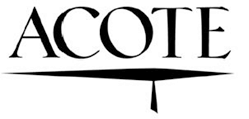
Information about ACOTE including upcoming events, advocacy & policy, publications, and how to file a complaint can be found at www.acoteonline.org/.
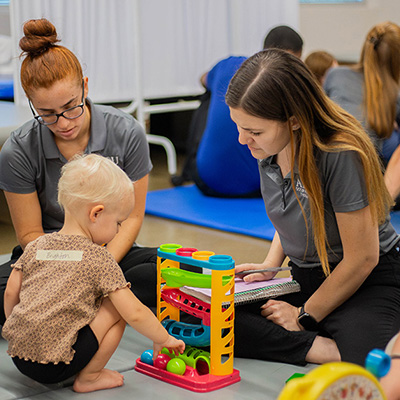
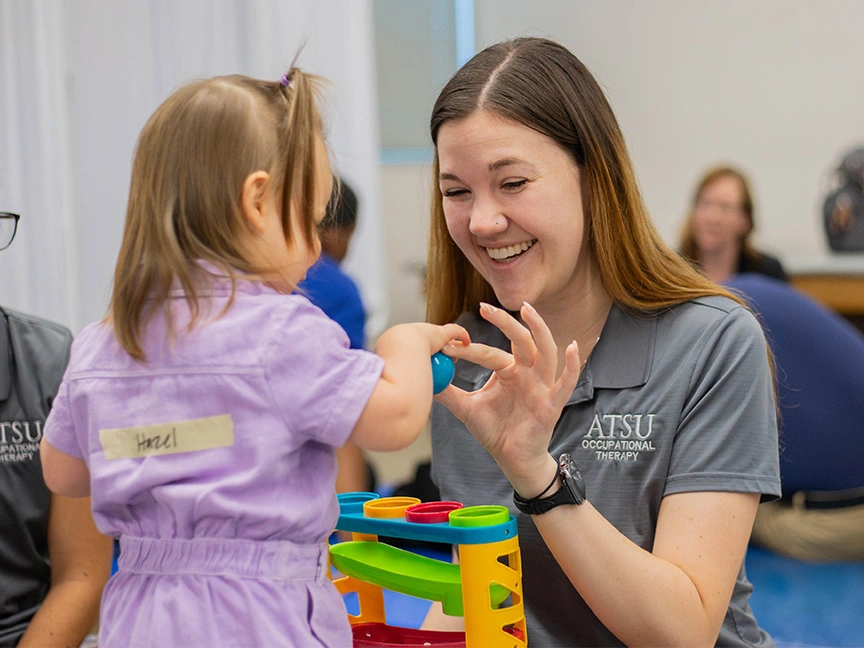
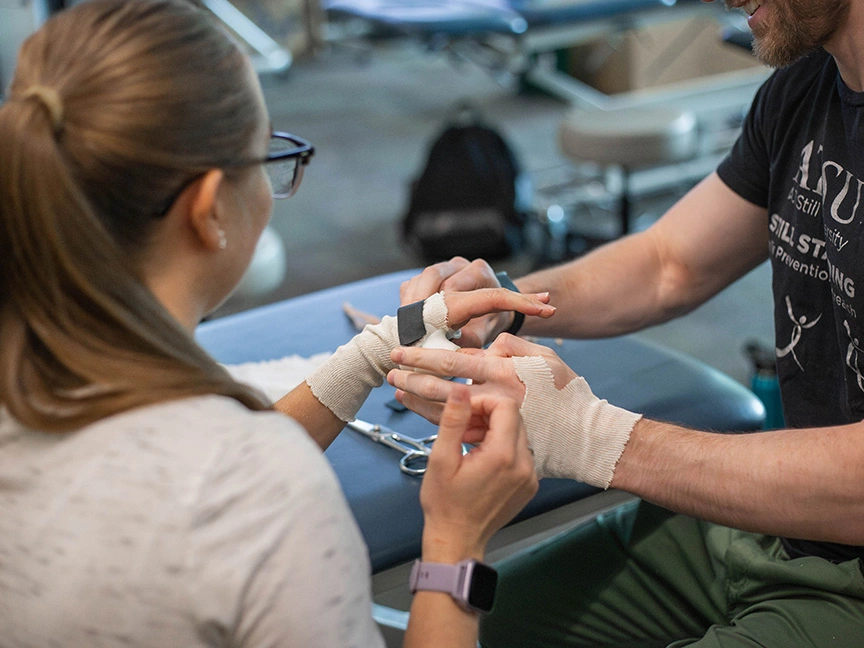
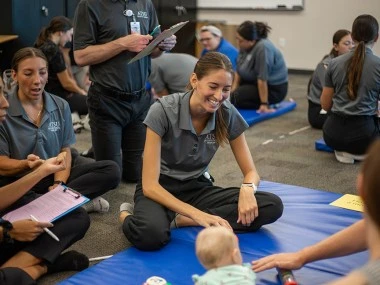
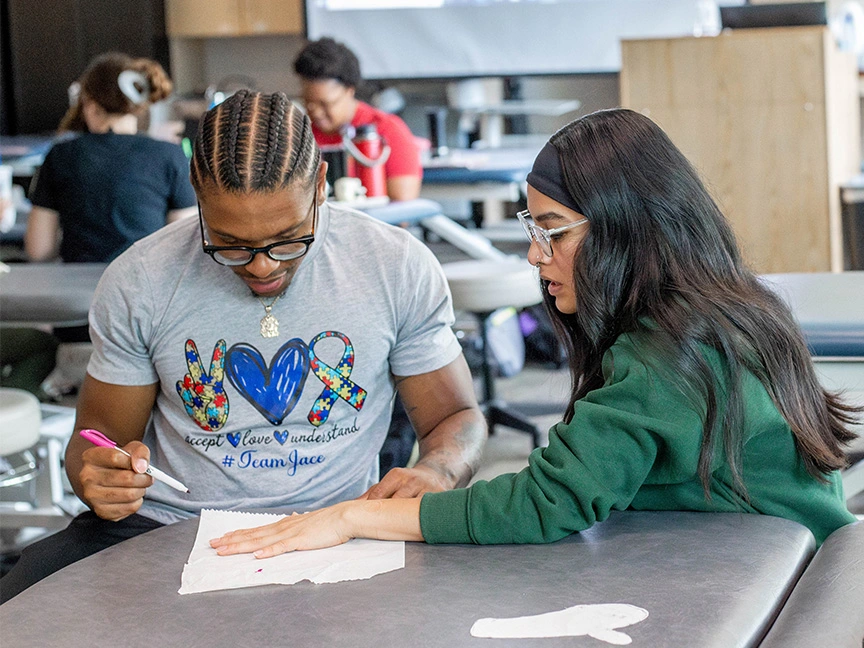
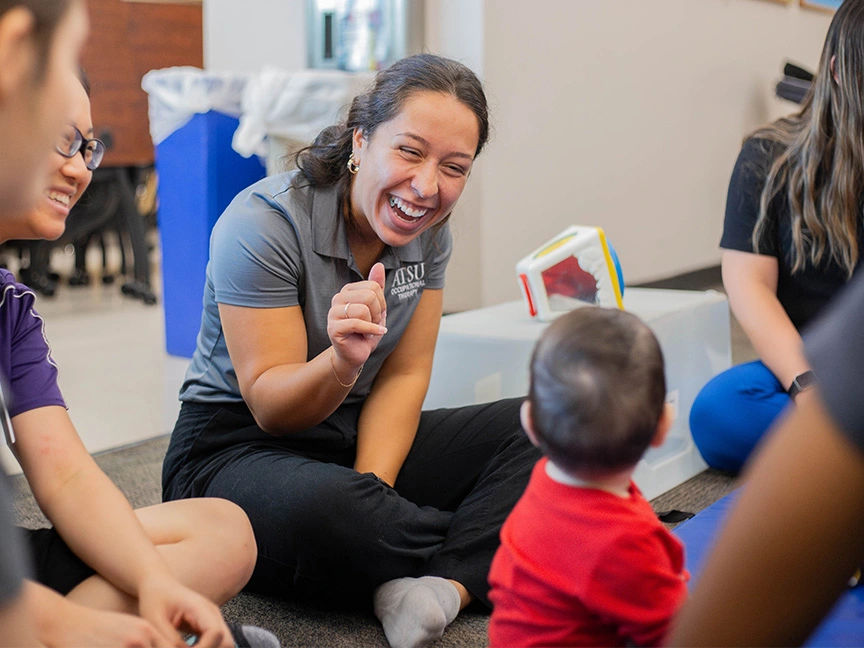
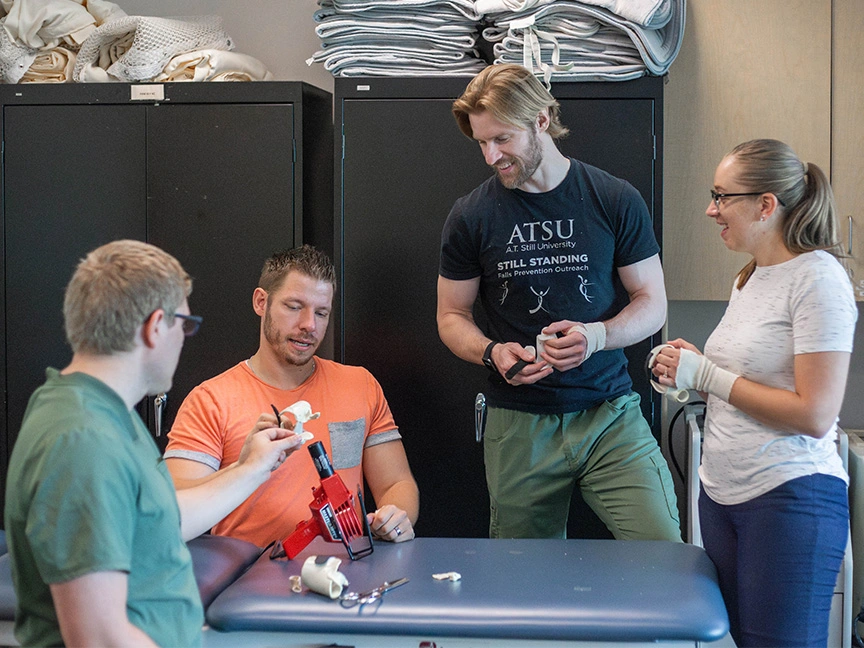
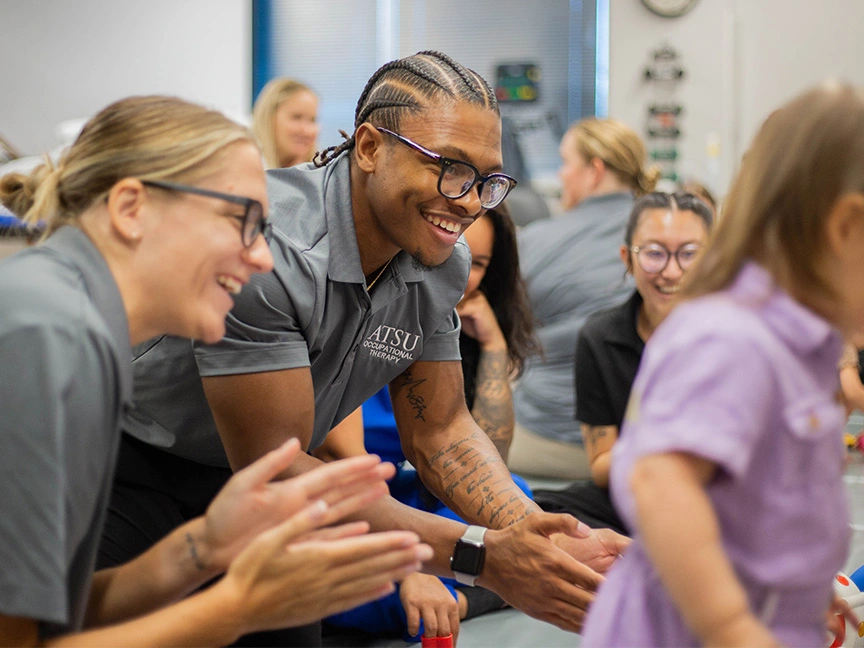


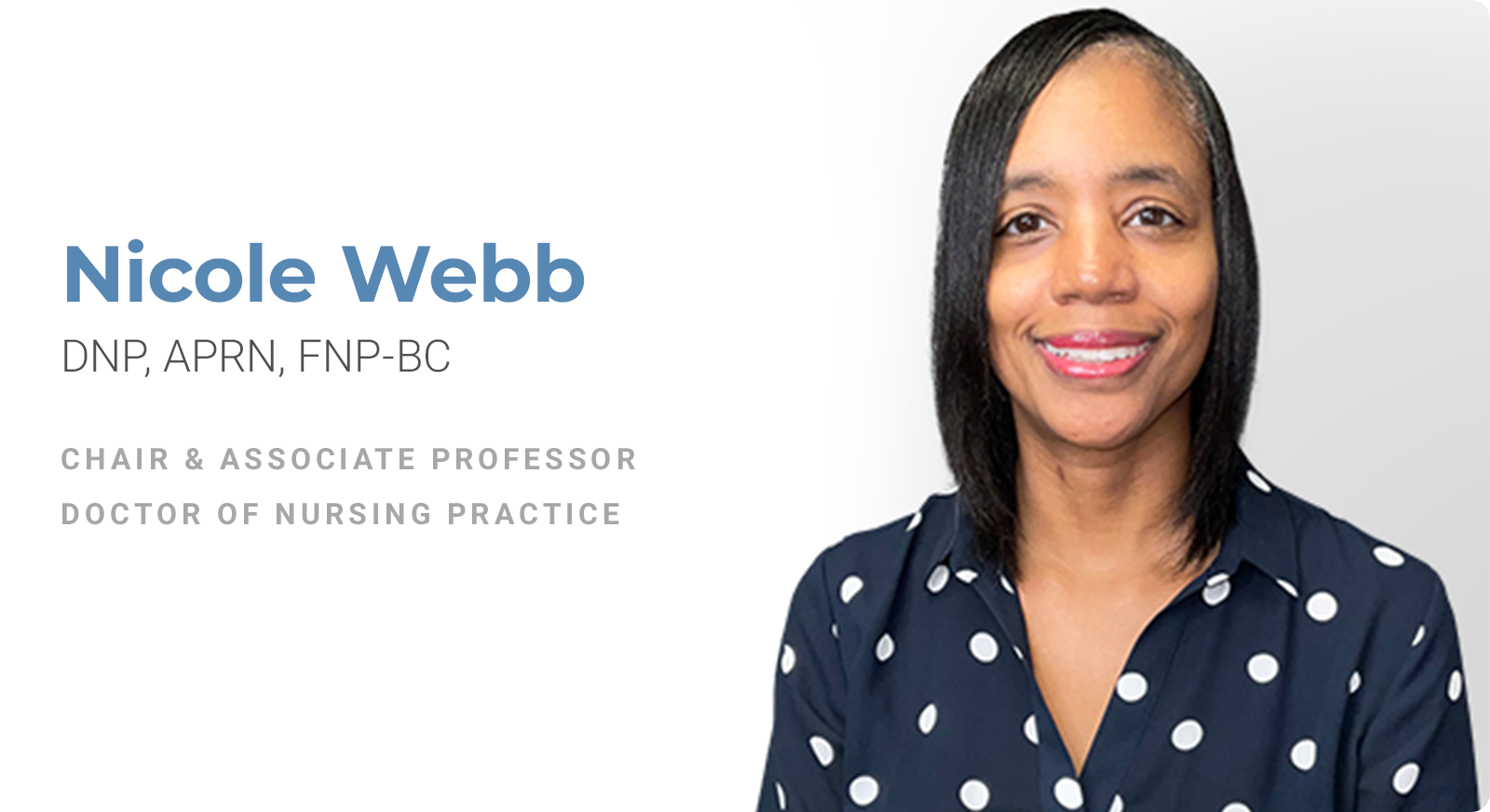
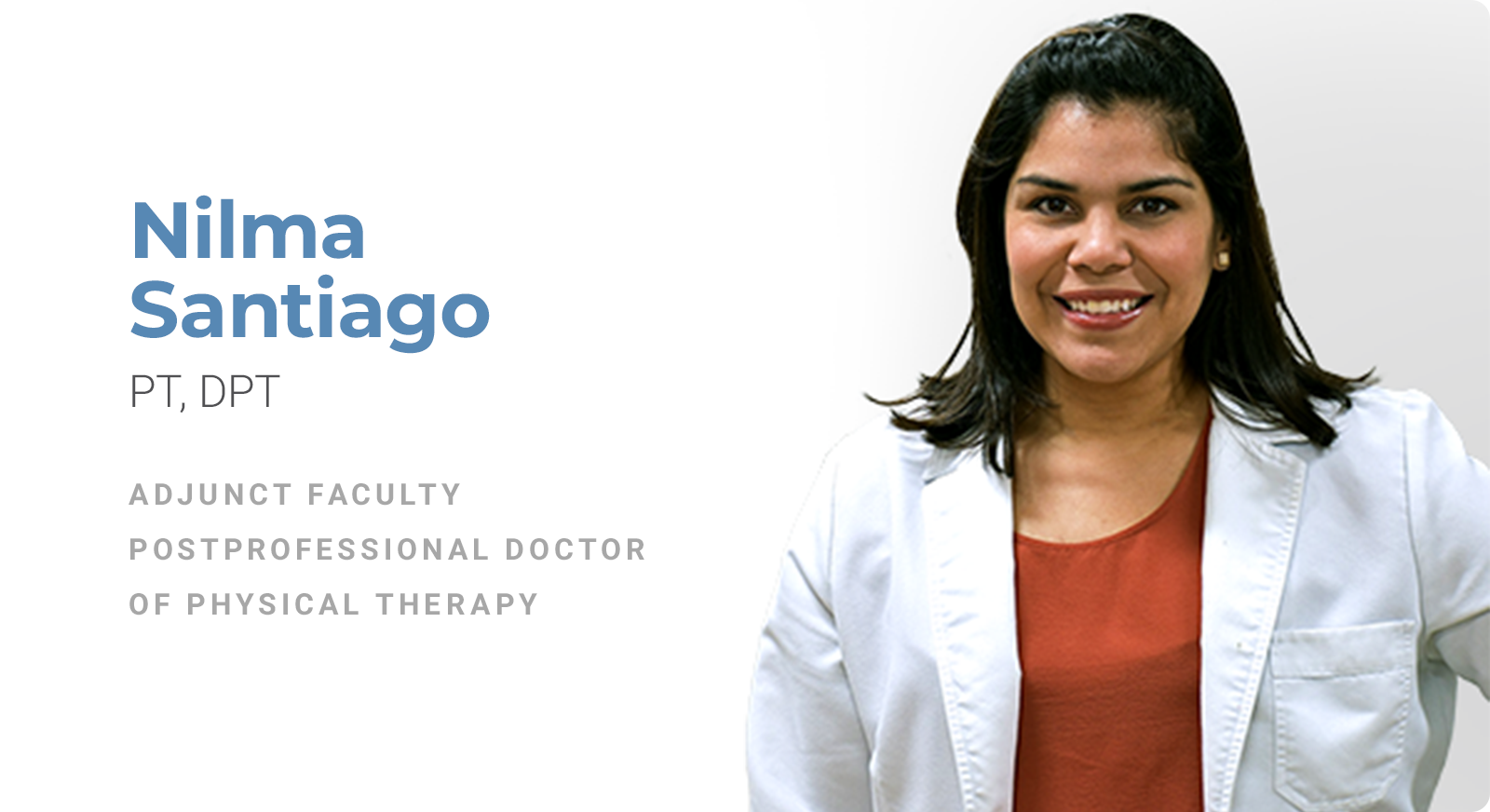
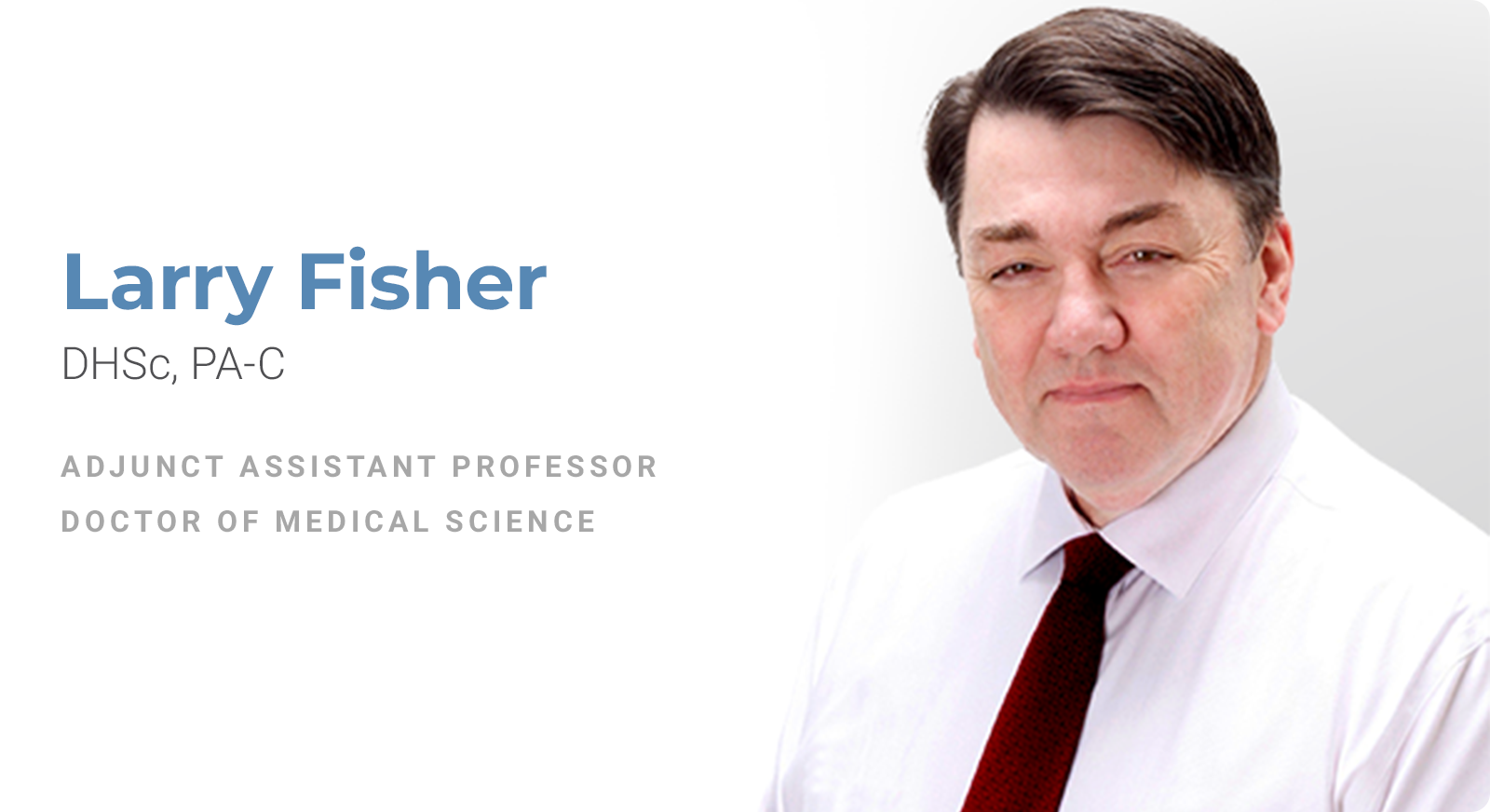
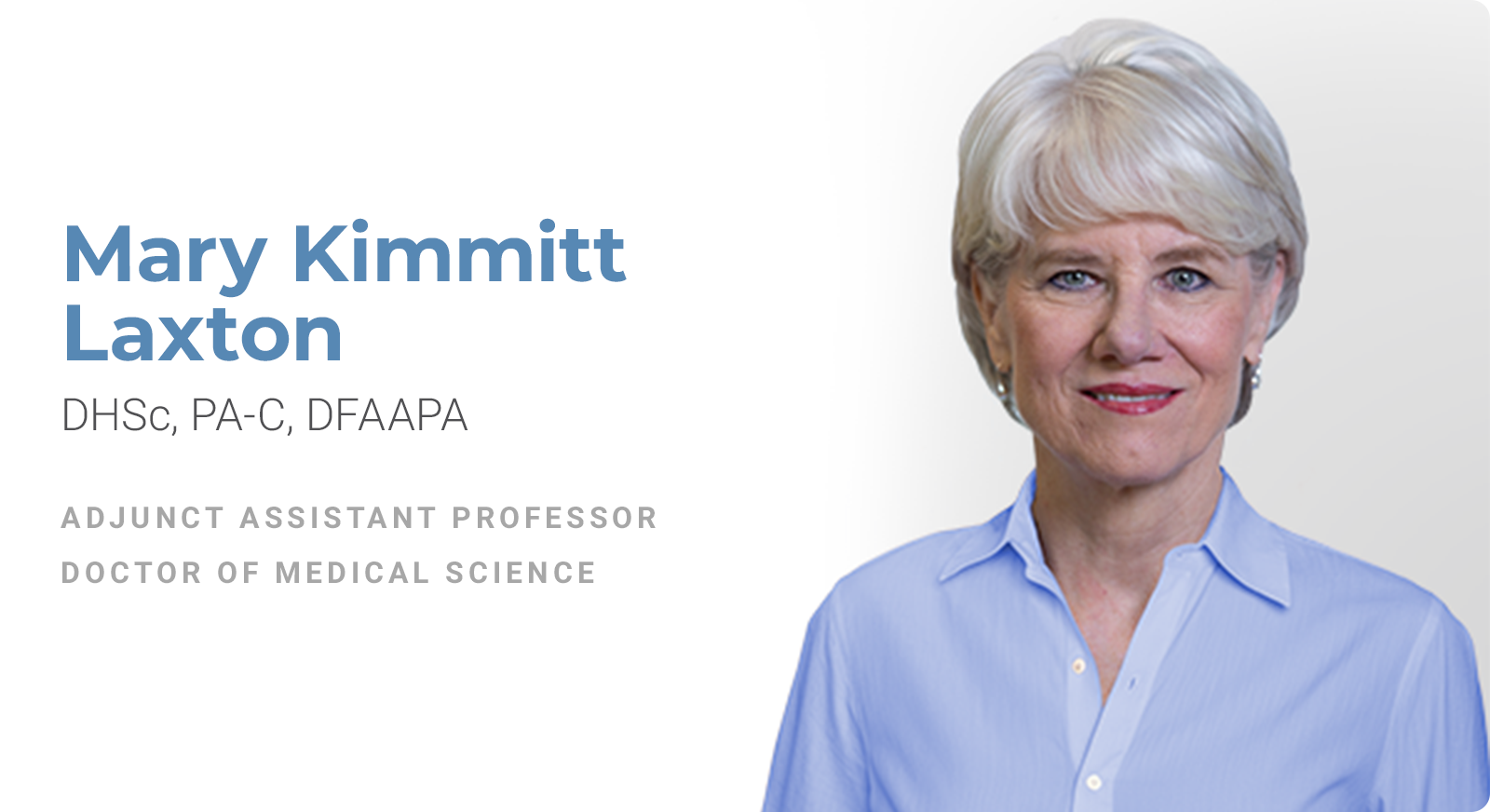
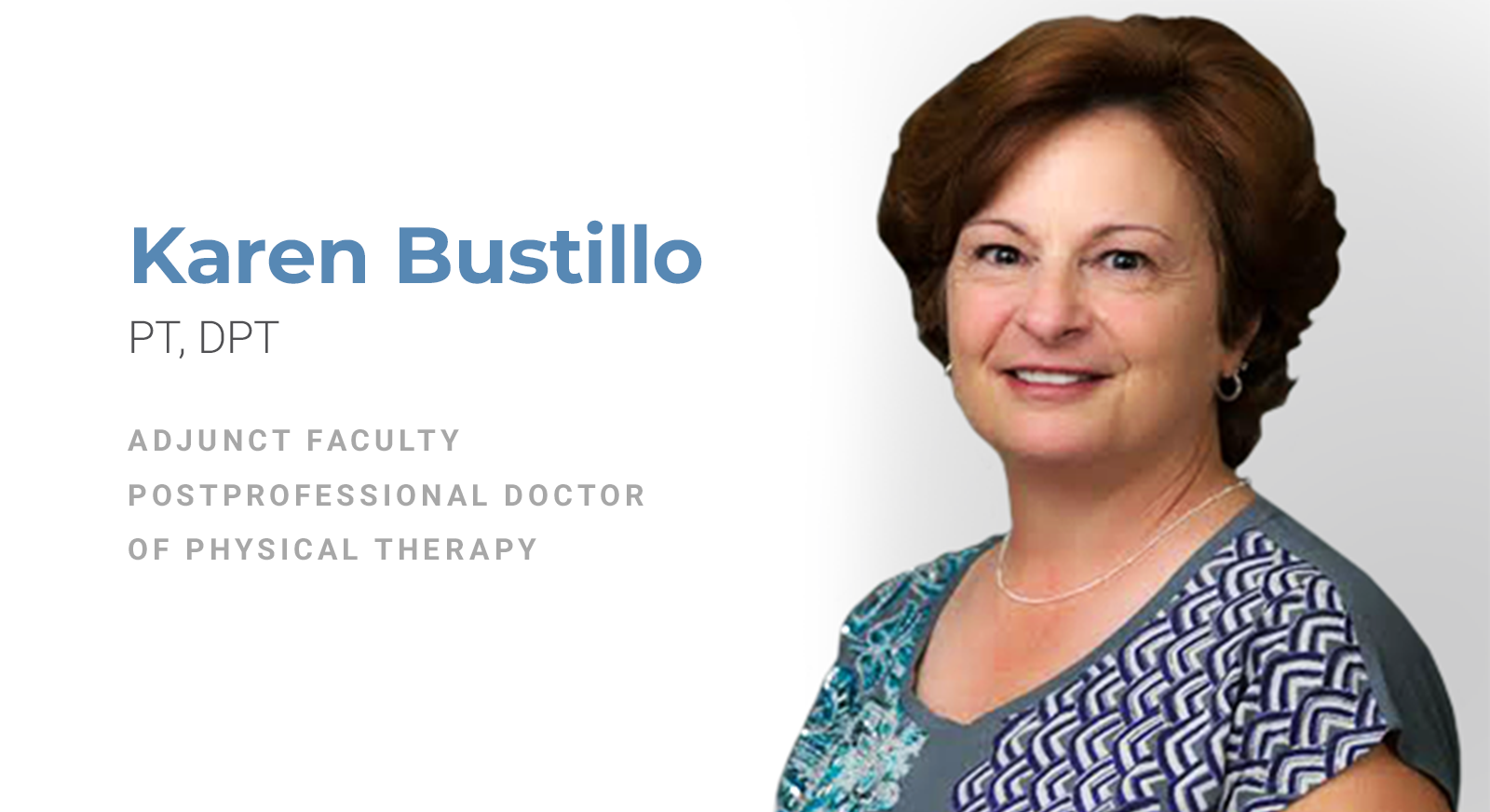
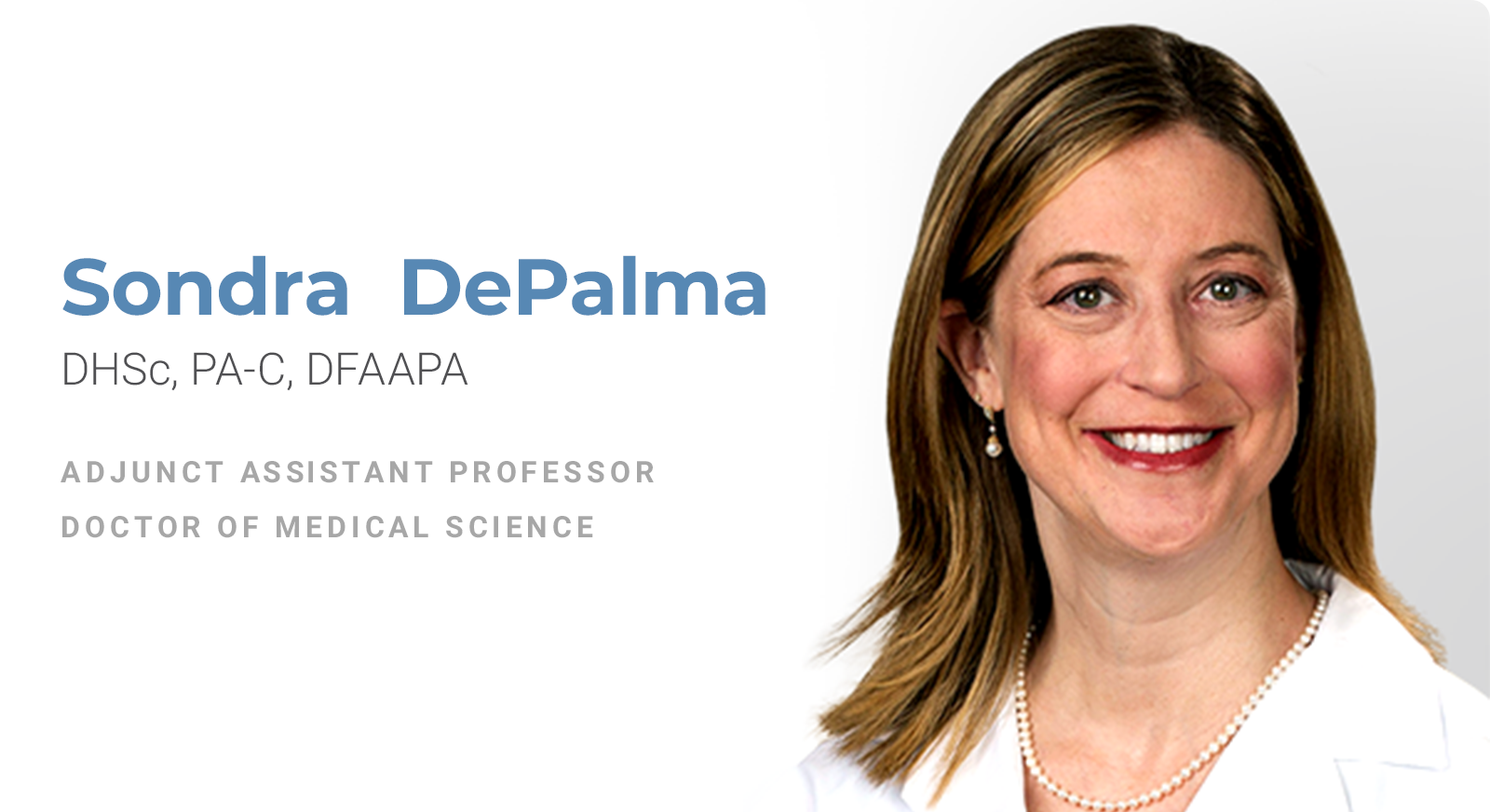
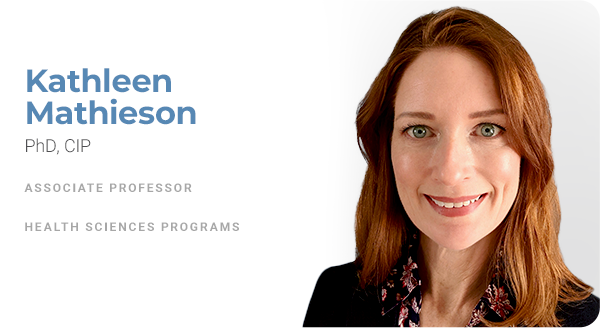
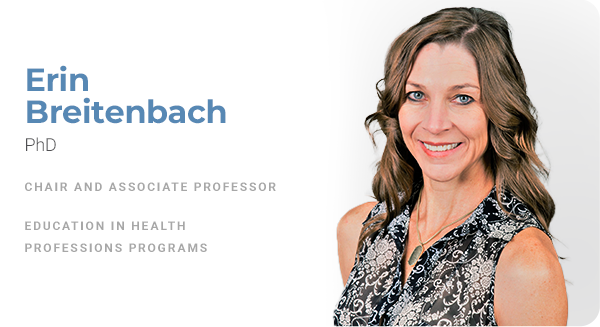
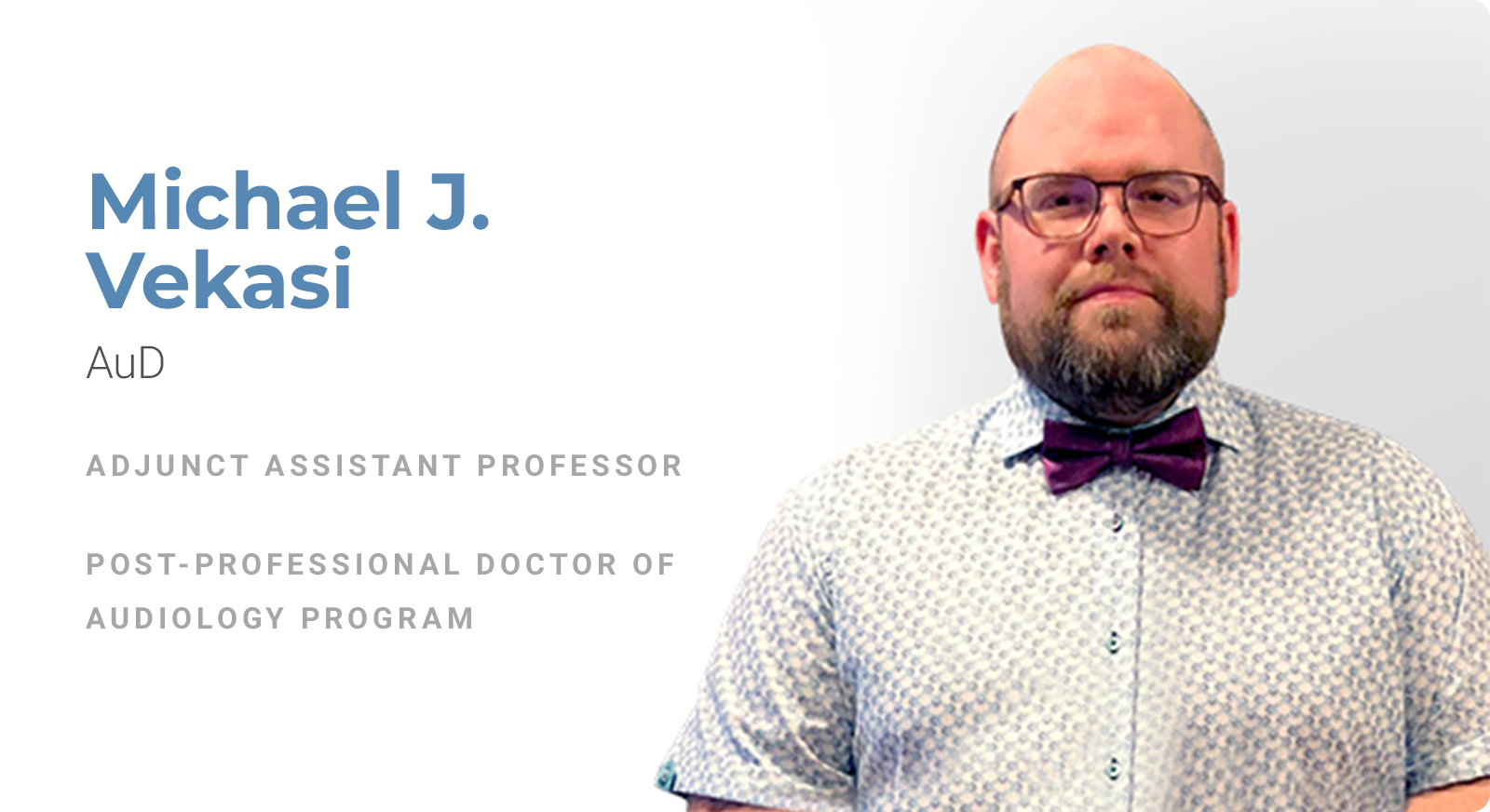
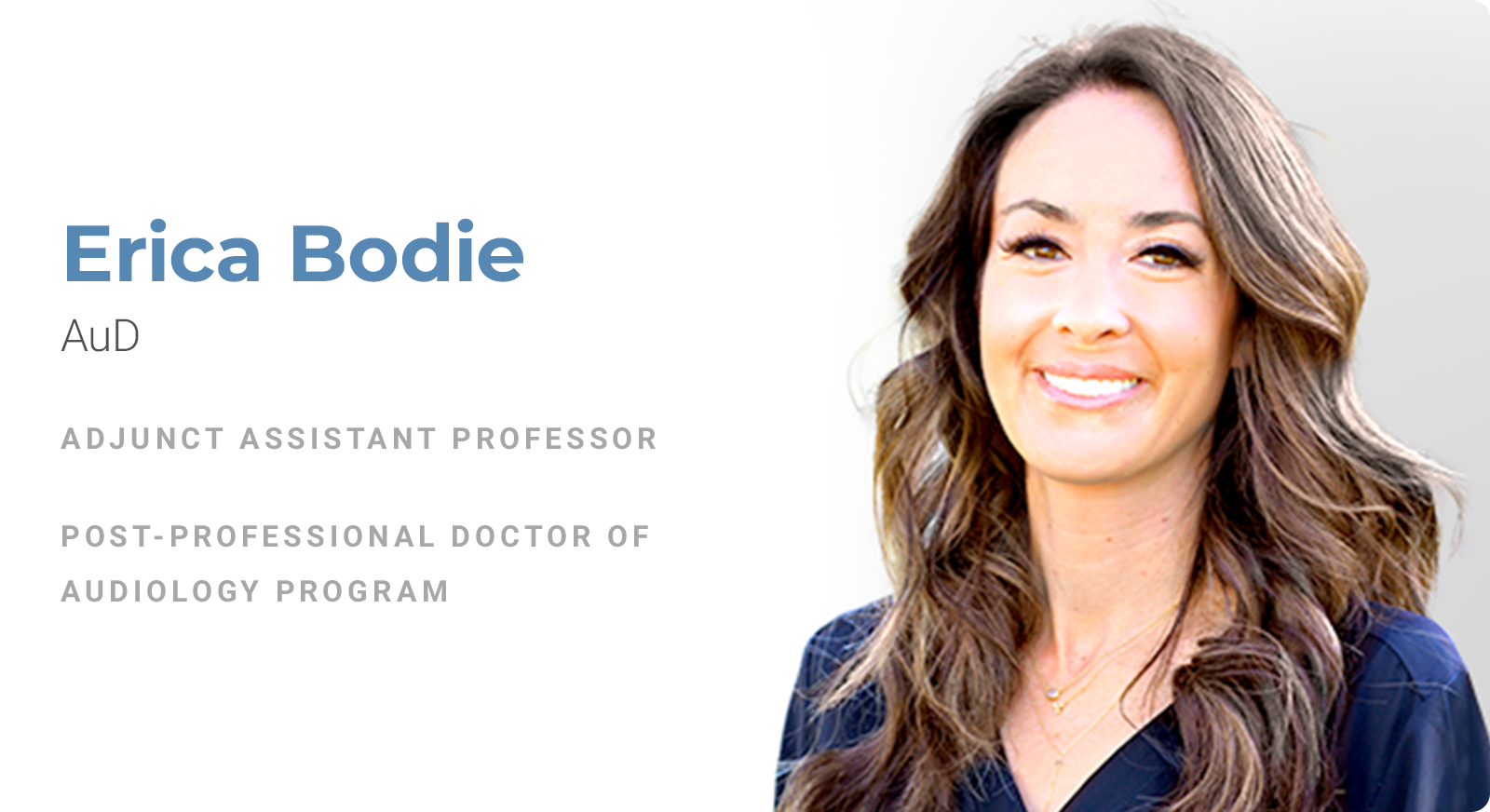
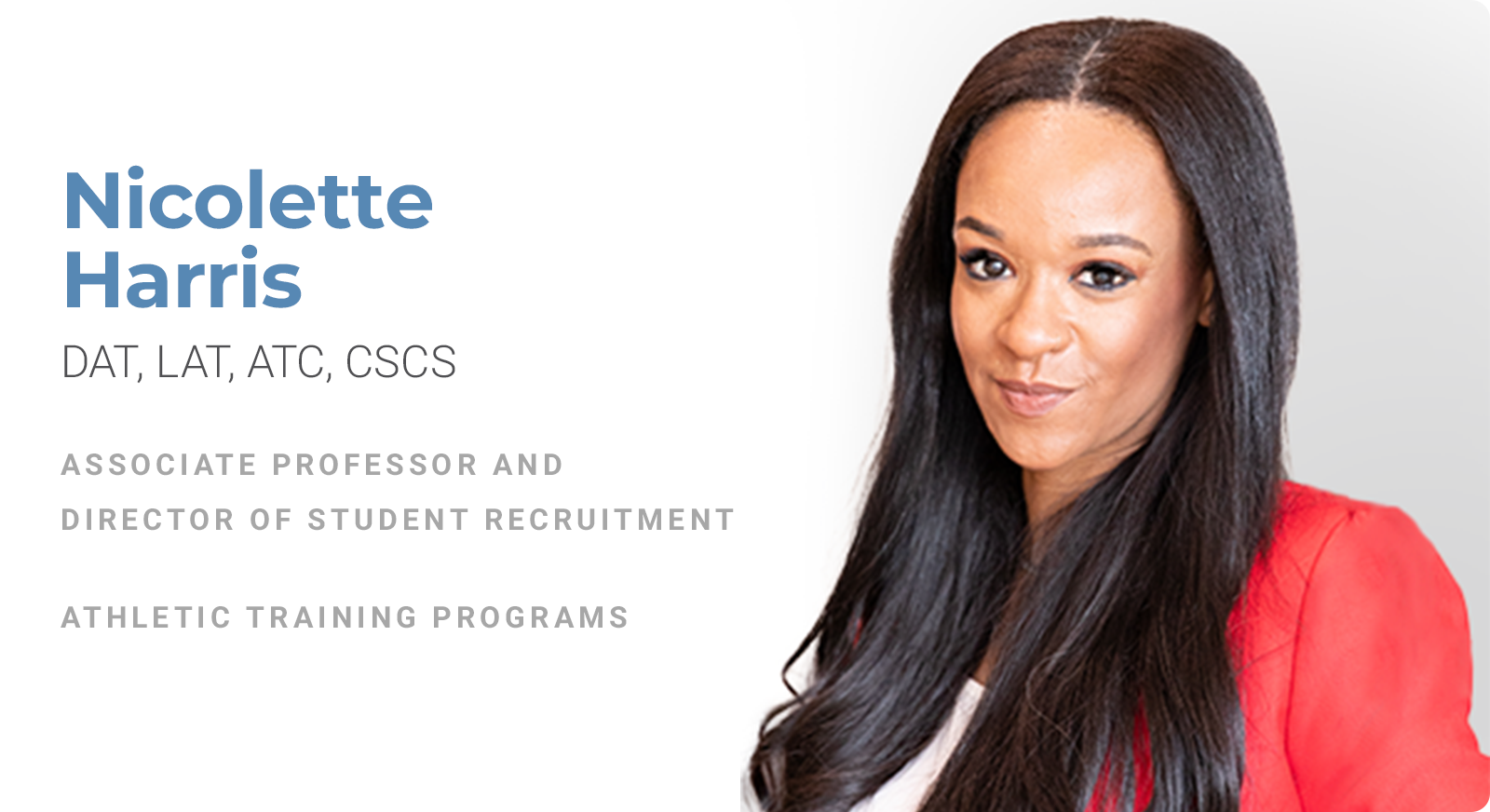
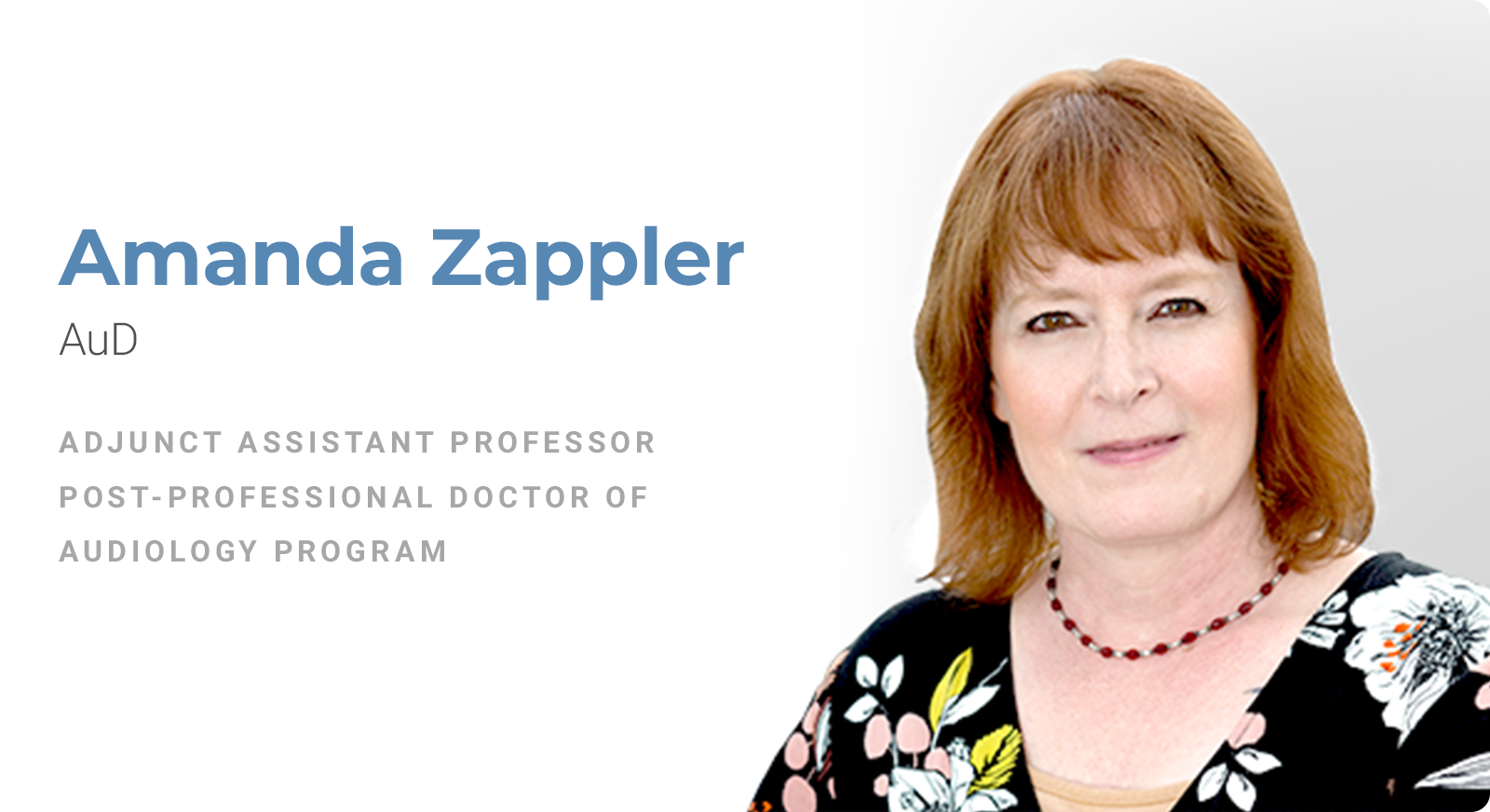
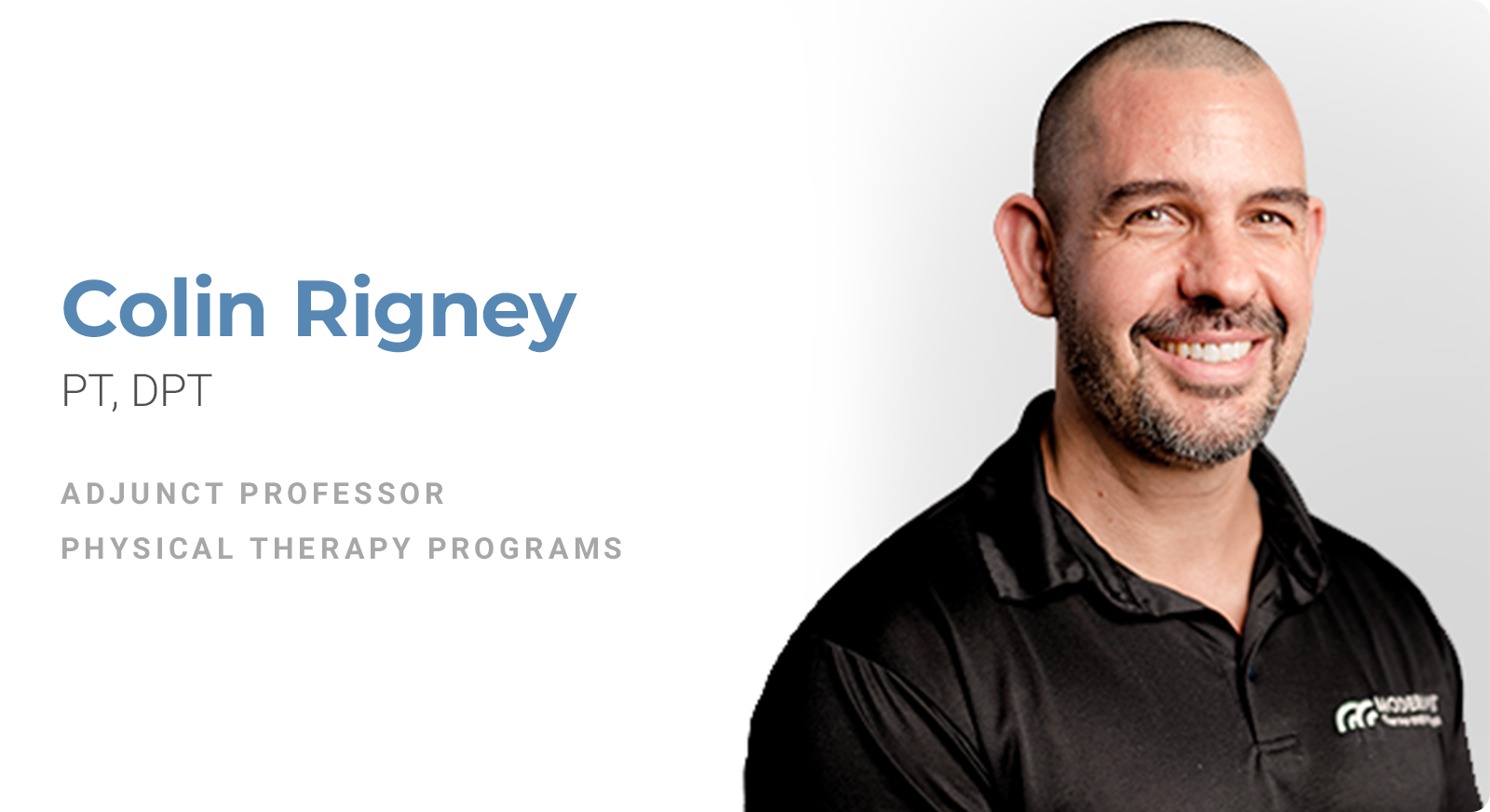
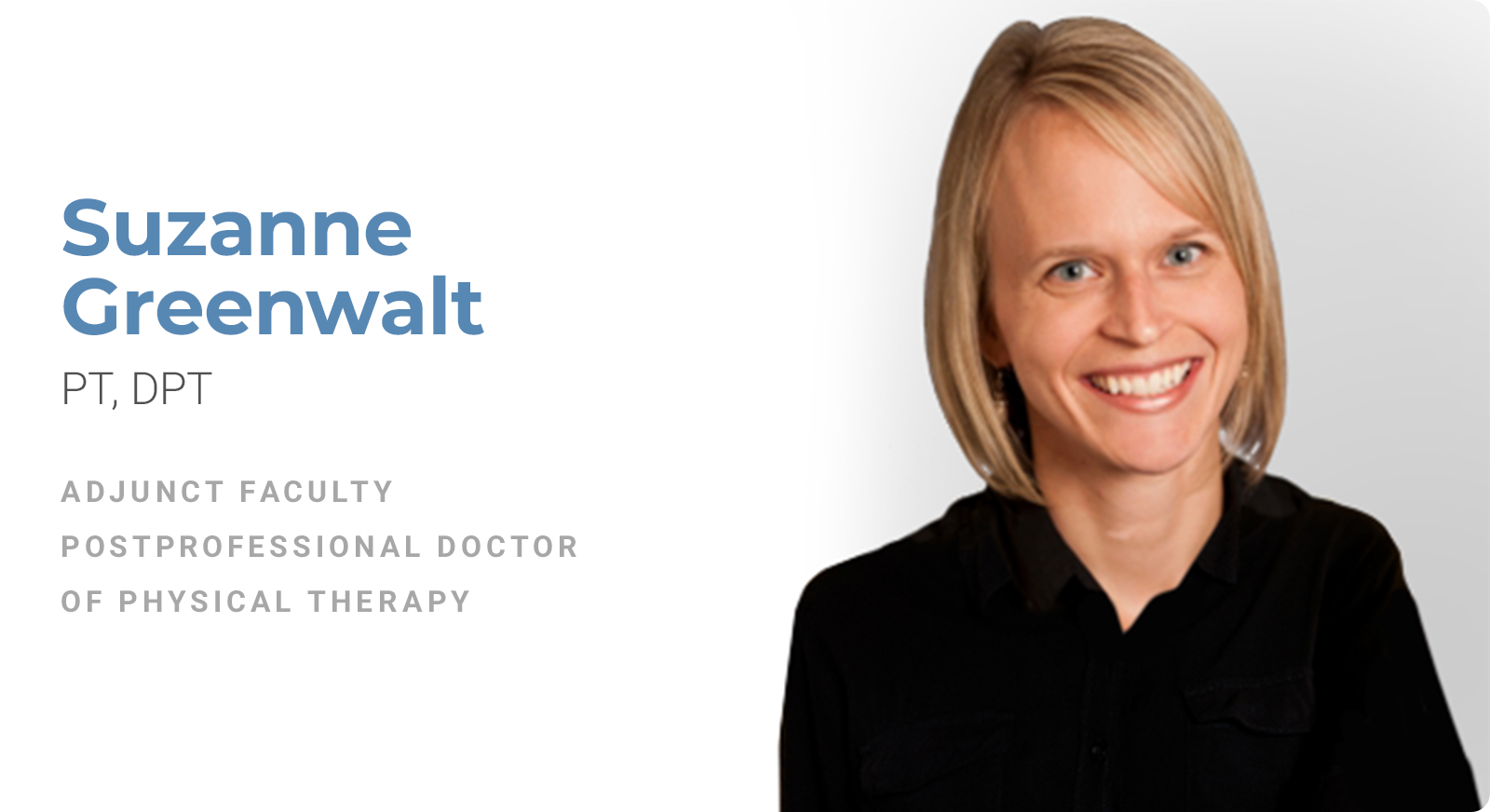
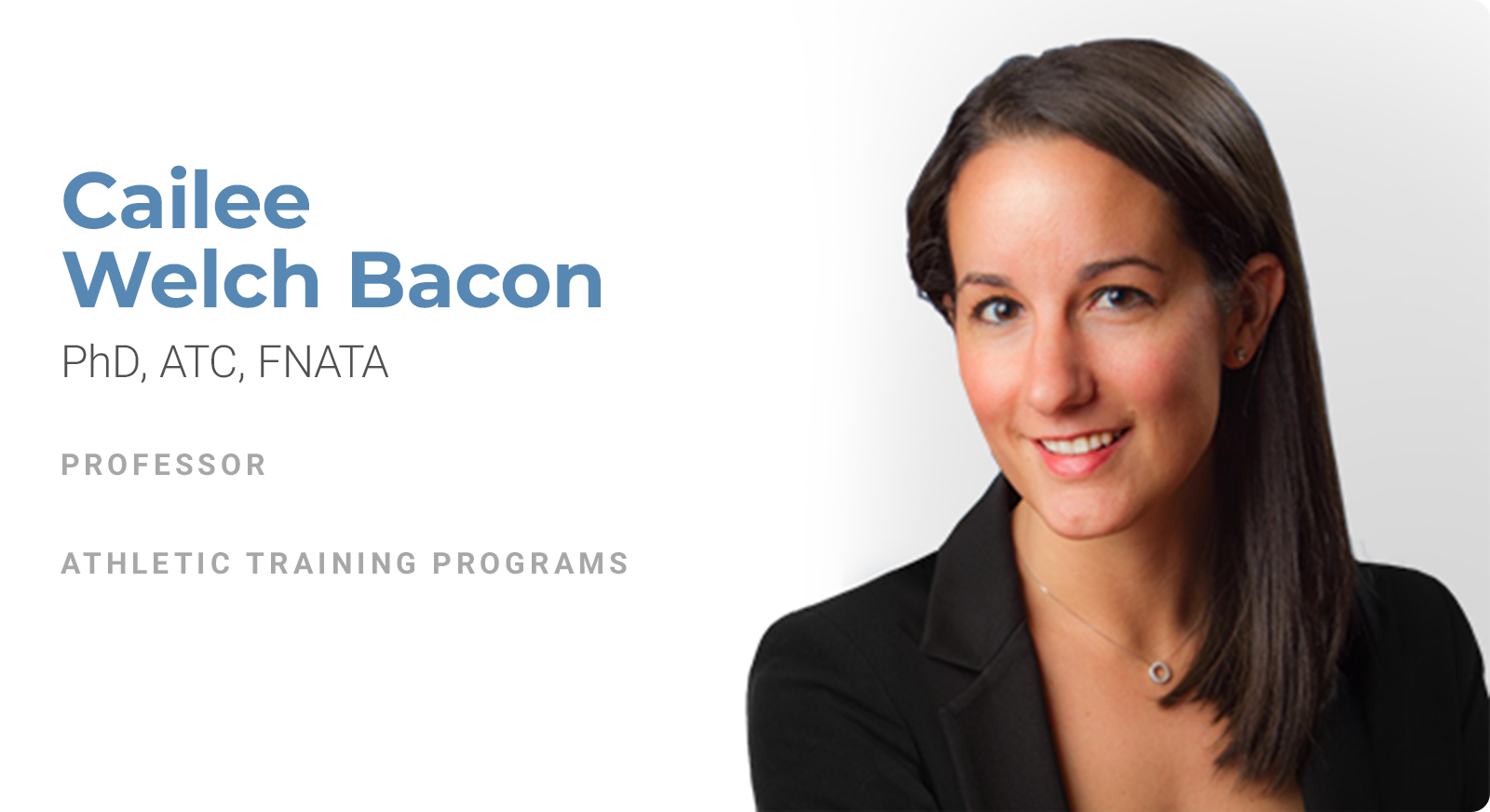
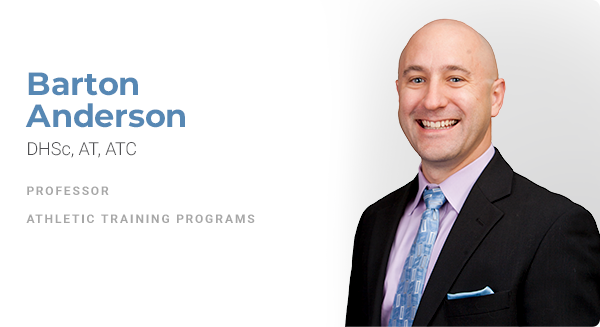
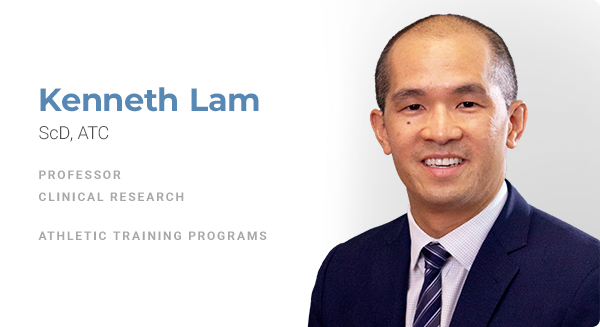
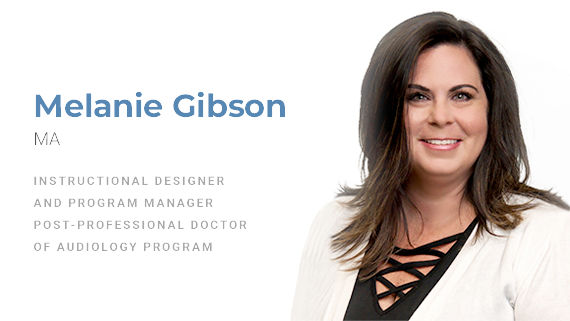
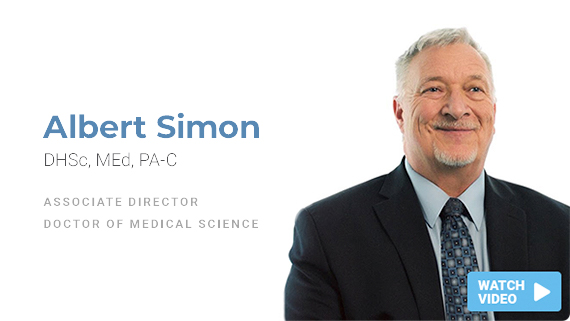

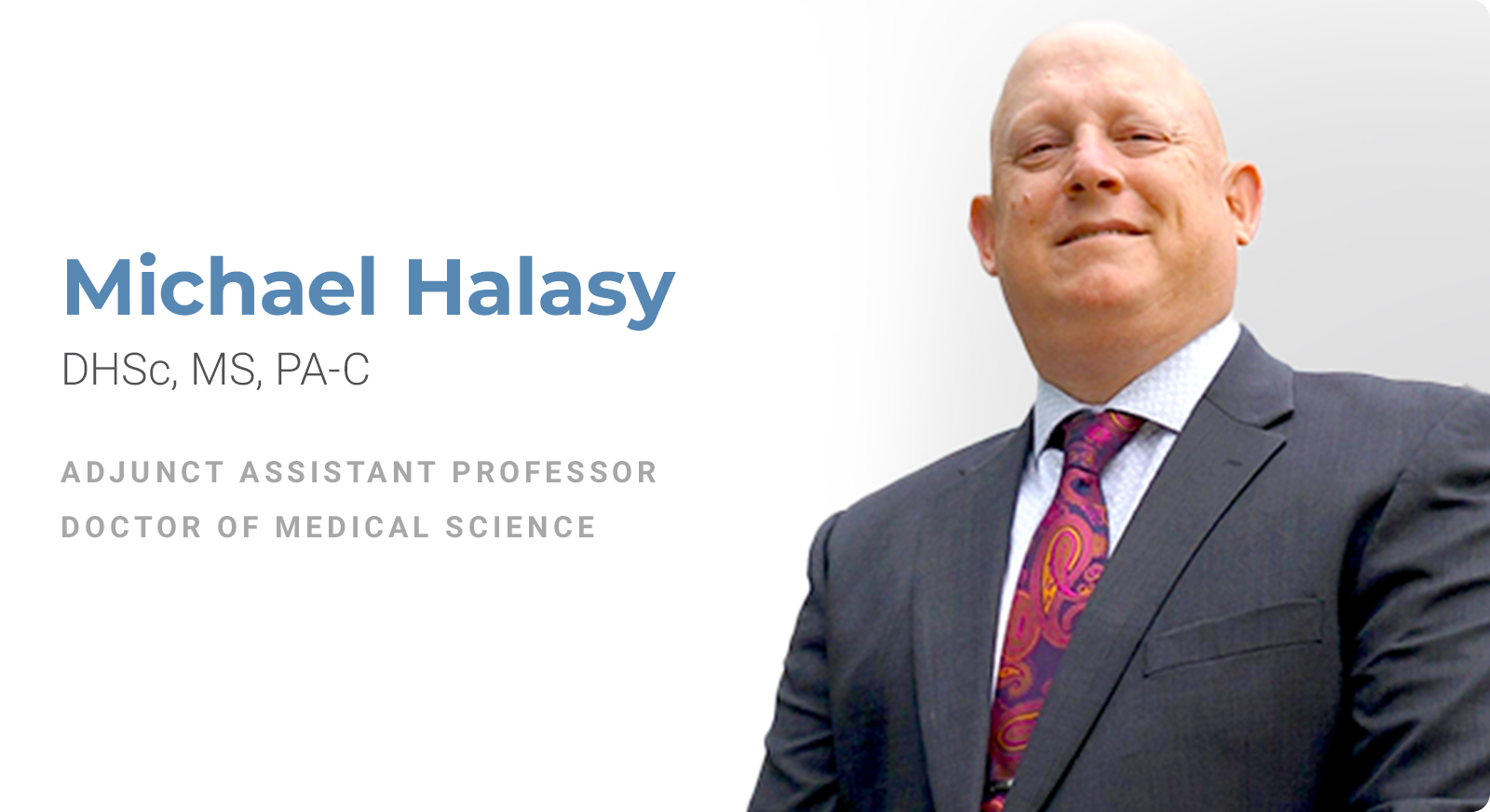
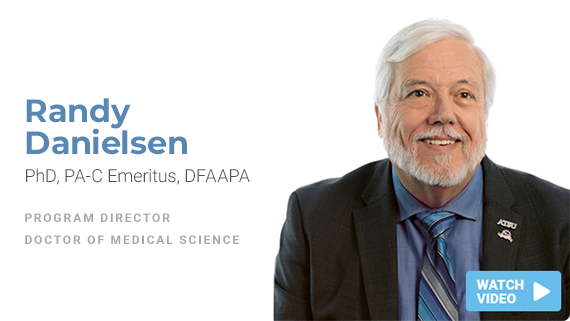
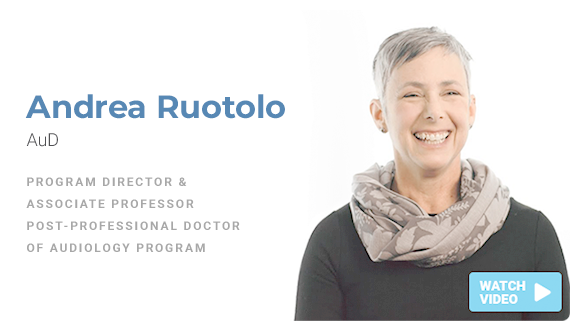
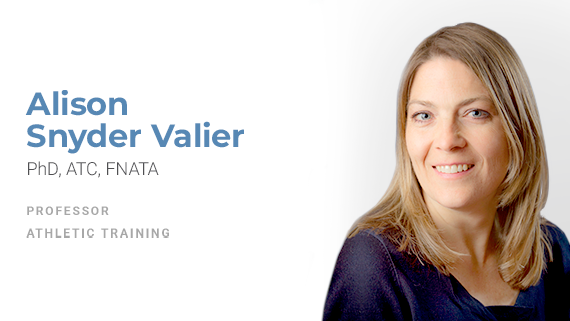





.png)


